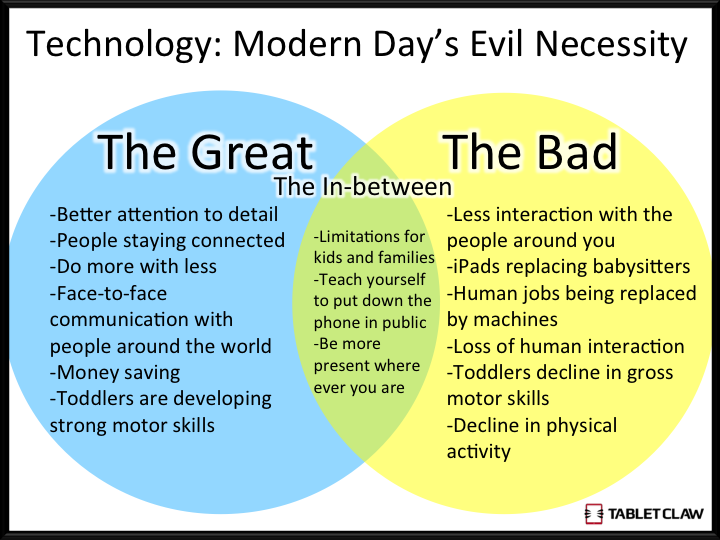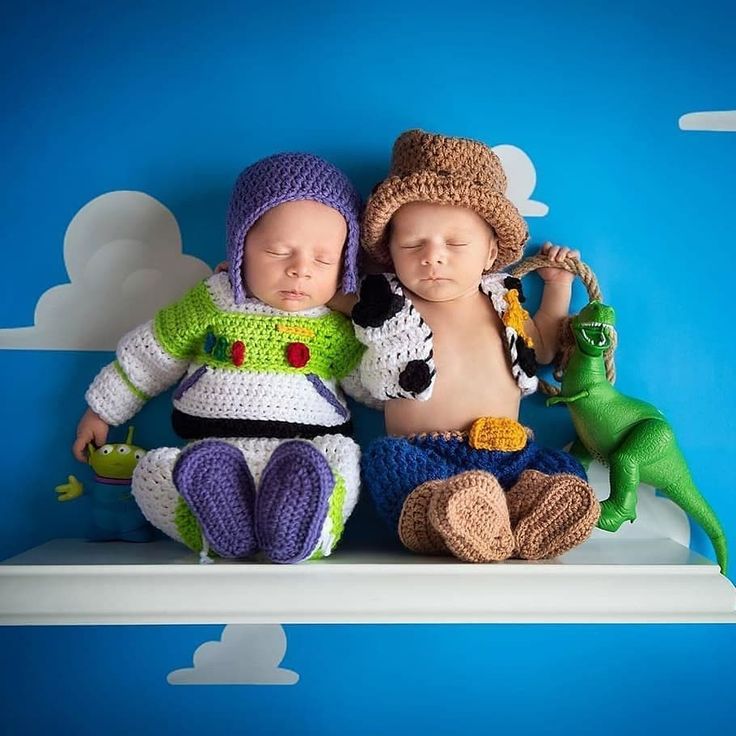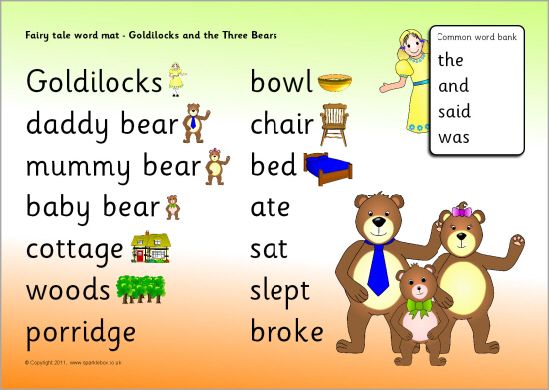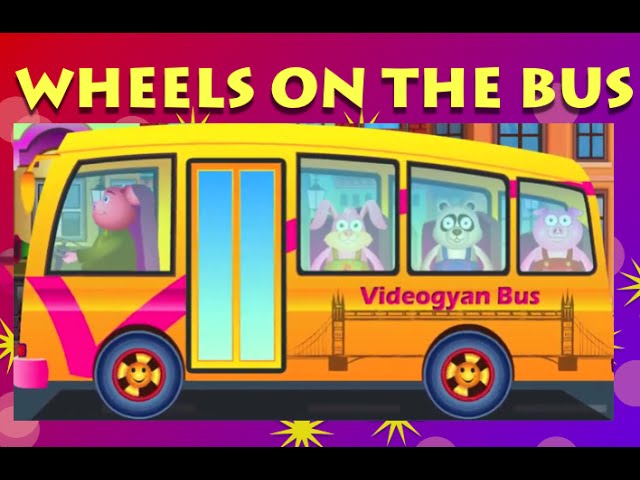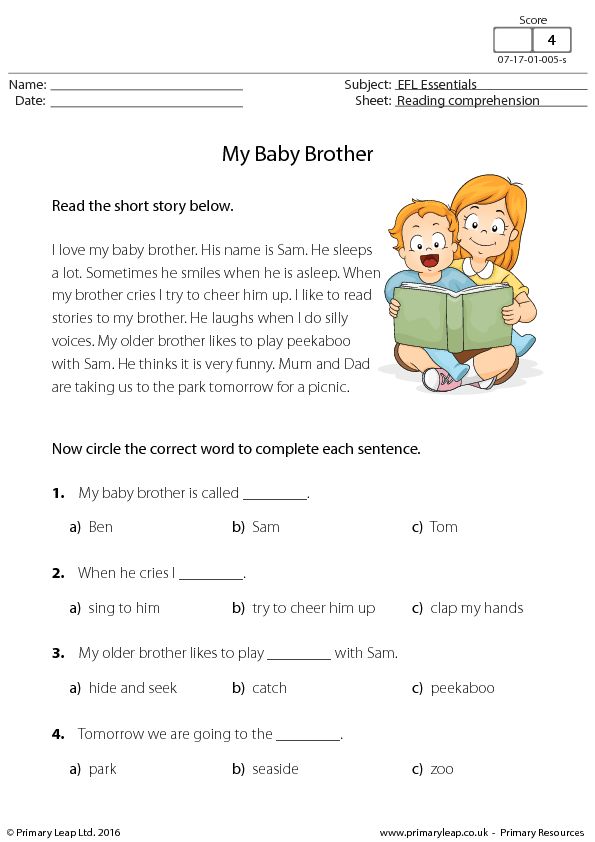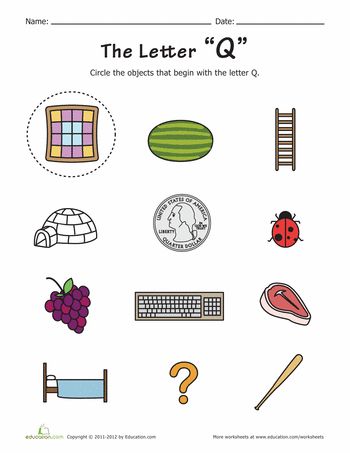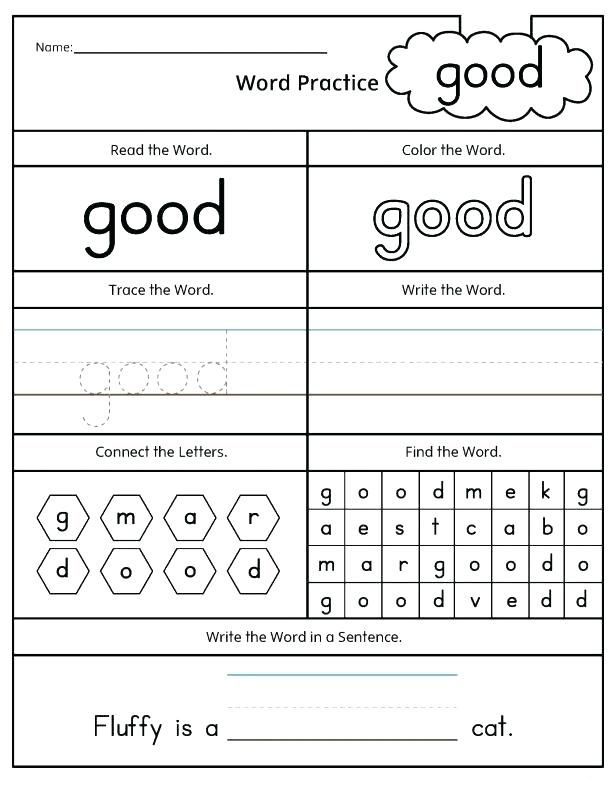Social skills in toddlers
Social development in toddlers
In their relentless drive to explore the world, toddlers gradually acquire social skills that enable them to get on successfully with other people. Many of these skills are acquired through observation and imitation of the adults closest to them
The development of social skills also depends on interaction and activity with other children. Even though toddlers do not cooperate, share or make friends until their fourth year, if they have been given plenty of opportunities to play with other children, they will be at an advantage when they go to toddler group or preschool.
Parents and practitioners can assess social skills by observing how toddlers play and interact with other children. If there are any delays, activity-based strategies can be developed to ensure optimal social development.
Influences on social development
Social development depends on a large number of variables. Some of these include:
• Genetic predisposition. • Psychological and heath factors. • Cultural values and beliefs. • Attitudes and aspirations. • Positive role models. • Play opportunities. • Interaction with other children. • A safe, nurturing and stimulating environment. • Maturation of the nervous system.
Social development is a dynamic and interactive process in which temperament, personality, experiences with parents and carers, cognitive abilities, language and communication skills influence the outcomes.
Types of social play
The development of social skills follows a set pattern, which is summarized below:
Solitary play - babies play alone, but they may study the interactions of other children with toys and verbalize as though engaged in conversation with them. They may become assertive over their possessions or show aggression towards other babies for no obvious reason.
Onlooker play - toddlers watch other children play, but they are unable to participate socially. However, they are very alert to their play activities and when alone, they may imitate their actions.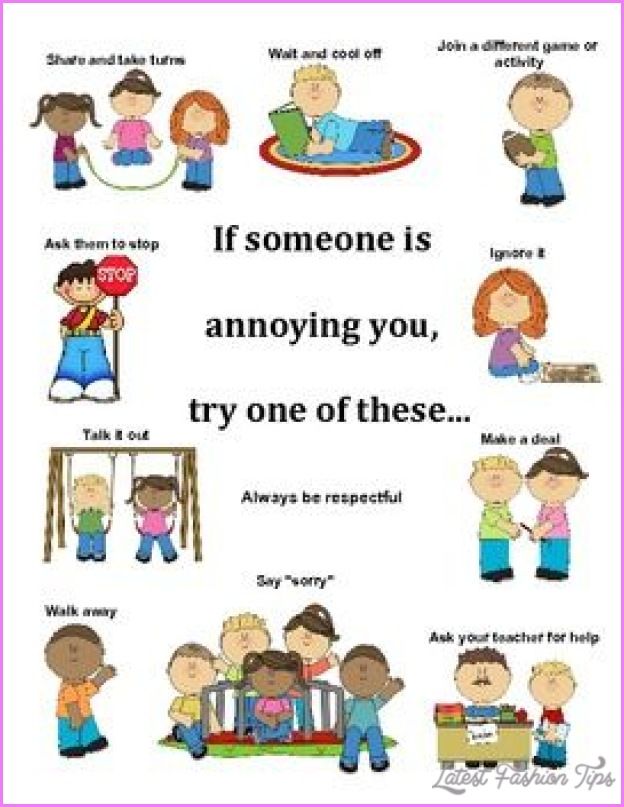
Parallel play - two year-olds play alongside other children and they may make intermittent interactions with them. However cooperation and give-andtake are limited. They may grab the toys of other children, but learn valuable social skills in the process.
Associative play - in the third year, there may be some materials shared, but there is no common goal. However, the foundations for cooperative play have been formed and gradually with adult help, toddlers learn to cooperate.
Cooperative play – in their fourth year, children interact and work together to solve problems. In so doing, they take account of the needs of others and they build friendships.
Social milestones
Social development starts at birth and continues throughout childhood. It is a process that is closely linked to emotional development.
There is a wide variation in the age at which toddlers acquire social skills. If the toddler has not reached a particular stage, this does not mean that there are any developmental problems.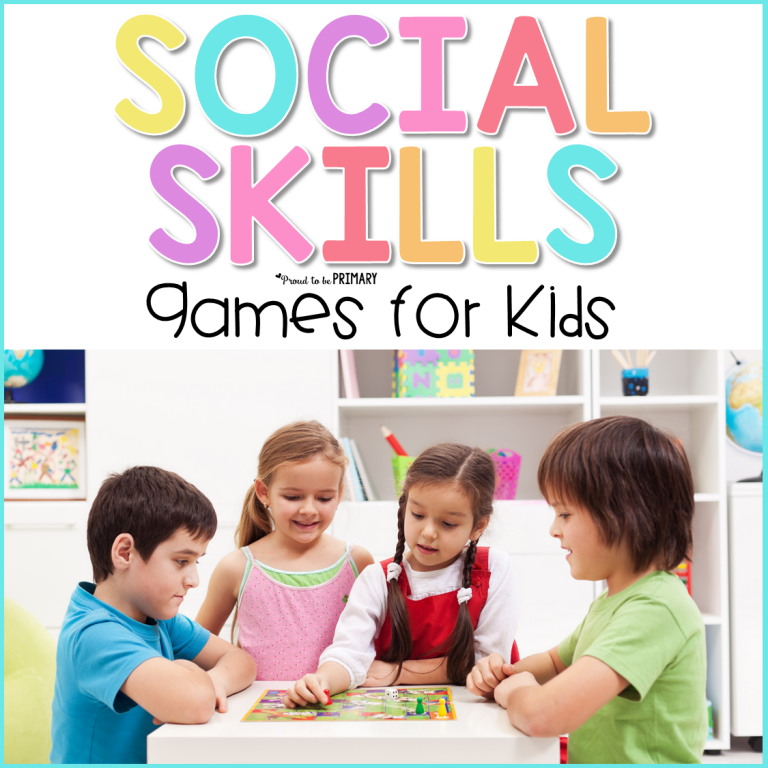
Newborn to 12 months
Newborn babies learn social skills through reciprocal interactions with other people. The first social signals include eye contact, smiles and animated body movements, which become more specialised in the months to come.
Six to nine-month-old babies often respond aversively to social situations. Fear of other people and separation anxiety suggests that they recognise which relationships are passing, and which ones are stable.
12 to 24 months
Shyness and a fear of strangers are common traits in the first part of the second year. When toddlers become more mobile, they eagerly explore their world and engage with other people. By the end of the second year, they may imitate the actions and behaviours of other children and take an interest in their play. However, kicking, biting, stubbornness and temper tantrums are common (EYE, The Eye of the Hurricane, August 2011). Unacceptable behaviour usually diminishes by the end of the second year as toddlers learn what is expected of them.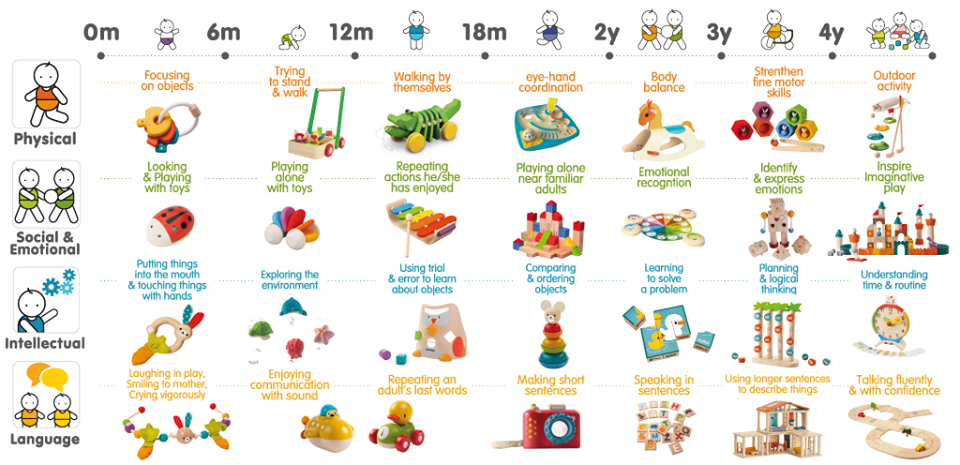
2 to 3 years
Two-year-olds tend to be very self-centered, but even so, they generally want to help and please. By the time toddlers reach their third birthday, they have developed an understanding of how other people think and feel. They enjoy the company of other children and they will interact with them and wait briefly for their own turn. Pretend play becomes a prominent activity, where toddlers take on roles and express their ideas and feelings about the social world.
Role models
Research suggests that parents (and older siblings) are major role models for toddlers. In fact, a great deal of their behaviour is influenced by what they see others doing. For example, if parents model positive characteristics such as kindness, politeness, honesty, respect, self-discipline, courage, love, tolerance and compassion, toddlers will imitate the behaviours. If parents set a good example, toddlers are more likely to behave in the same way.
Social play
Play is an important part of social development.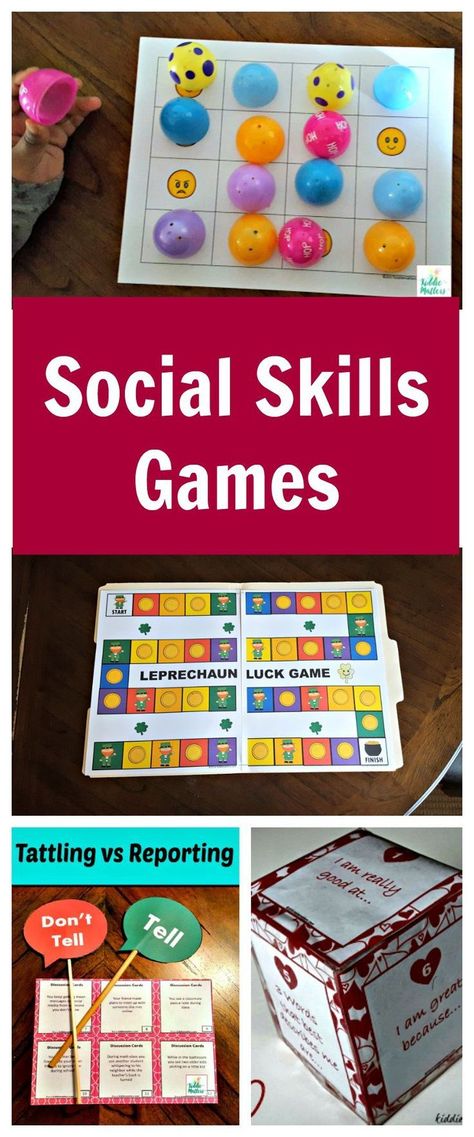 It provides the opportunity for toddlers to imitate the actions of others, to rehearse future roles, to coordinate their feelings and ideas and make sense of their experiences.
It provides the opportunity for toddlers to imitate the actions of others, to rehearse future roles, to coordinate their feelings and ideas and make sense of their experiences.
Play can be divided into a number of different types from free-flow play to structured and group play. These divisions enable parents and practitioners to plan activities and resources.
Free-flow play
Toddlers initiate free-flow play. They decide what toys interest them the most, how they will explore them, how long the play will last and when they need support or help. The adult provides the materials and equipment, a safe and secure environment, reassurance, praise and encouragement.
Toddlers enjoy the following free-flow play activities:
• Pretend play with dolls, soft toys and tea-sets. • Acting out scenarios with small world figures. • Taking care of toy animals. • Preparing food. • Playing in a den or tent.
• Dressing up as a princess or pirate. • Talking on a toy telephone.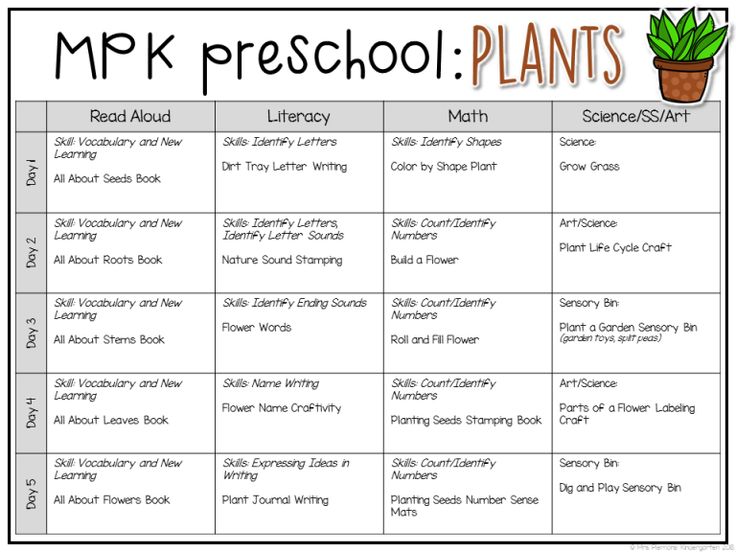
During free-flow play, the adult does not intervene unless a helping hand is needed. Every now and then, the toddler will make eye contact with the adult as if to say “Be there for me, but don’t do anything unless I need you.” Checking the adult’s reaction (affective tuning) is an important step in the growth of social awareness in relation to other people. The toddler may also exchange positive greetings with other people, show them a toy and smile before returning to their play (affective sharing).
Structured play
Structured play is planned, organised and adult-led. Interactions with parents, carers, friends and siblings can help build the social skills that toddlers need for healthy development.
The following activities will interest and engage toddlers. However, they are easily distracted, so they may not listen, sit still or join in for very long.
• Household chores such as dusting, baking and helping with the laundry. • Picture and storybooks. • Craft activities that involve cutting, sticking and painting. • Water play with sponges, plastic cups and other tools. • Messy play with dough and malleable materials. • Hide-and-seek. • Music and movement. • Action songs. • Simple games.
• Craft activities that involve cutting, sticking and painting. • Water play with sponges, plastic cups and other tools. • Messy play with dough and malleable materials. • Hide-and-seek. • Music and movement. • Action songs. • Simple games.
Parents and practitioners do not need to spend all their time structuring play opportunities. Gradual disengagement from involvement in their play can be beneficial. Nevertheless, toddlers need adults to facilitate their play and value and appreciate their achievements.
Group play
Toddlers need to be with other children in order to learn important skills such as negotiation, turn-taking and cooperation.
The following group activities can help build up social skills:
• Waving a parachute up and down. • Playing football and other team games. • Treasure hunts. • Puppet shows. • Hide and seek. • Music-making. • Having a picnic or party. • Rough and tumble. • Follow-the-leader. • Building and construction. • Outings and nature walks.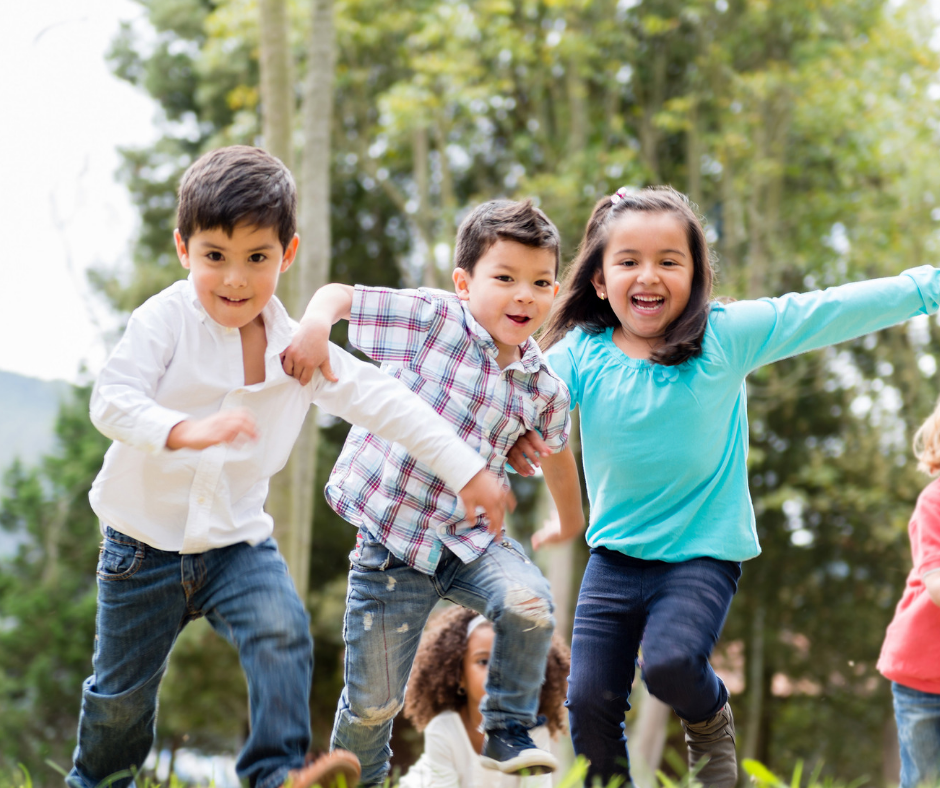
Through group play, toddlers learn to get on with other children, how to sort out conflicts and how to compromise. Occasionally, practitioners will need to help toddlers manage their emotions or actions within the game or activity. However, forcing toddlers to cooperate with other children can delay the development of sharing skills.
Shyness
Toddlers do not make real friends or play together with other children until they are at least three years old. Before then, they may have bouts of separation anxiety and they may shy away from new social situations.
Insisting that toddlers interact with other children can make them very uncomfortable. If shyness is handled with patience and calm understanding, toddlers will make social advancements at their own pace.
The following strategies may be helpful:
• Join a toddler group, where toddlers can see other children having fun in an informal atmosphere. • Dress them up like other children so they do not stand out.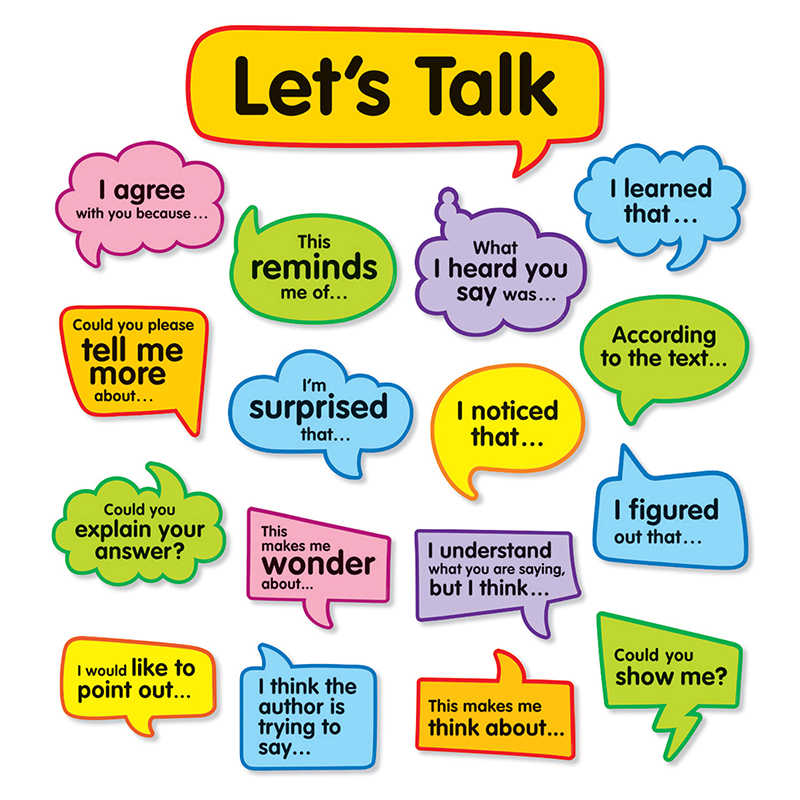 • Gradually introduce toddlers to their peers, but don’t force them to get involved until they are ready. • If the toddler is unable to cope, ensure that familiar objects and cuddles are readily available. • Encourage toddlers to make just one friend. This will give them confidence in the social setting. • Keep organized playtime with other children short (an hour or so for younger toddlers; two hours for older ones). • Build self-esteem and confidence by praising every effort to play and interact with other children. • Exchange contact telephone numbers, email addresses or Facebook details with other parents. If an opportunity to get toddlers together comes up, they will be easy to reach.
• Gradually introduce toddlers to their peers, but don’t force them to get involved until they are ready. • If the toddler is unable to cope, ensure that familiar objects and cuddles are readily available. • Encourage toddlers to make just one friend. This will give them confidence in the social setting. • Keep organized playtime with other children short (an hour or so for younger toddlers; two hours for older ones). • Build self-esteem and confidence by praising every effort to play and interact with other children. • Exchange contact telephone numbers, email addresses or Facebook details with other parents. If an opportunity to get toddlers together comes up, they will be easy to reach.
Evaluating social competencies
A checklist can be useful to see if social skills are developing well. However, variations may occur if toddlers feel tired or unwell. If they show few of the following traits, they may benefit from the strategies described above.
• Is usually happy and content.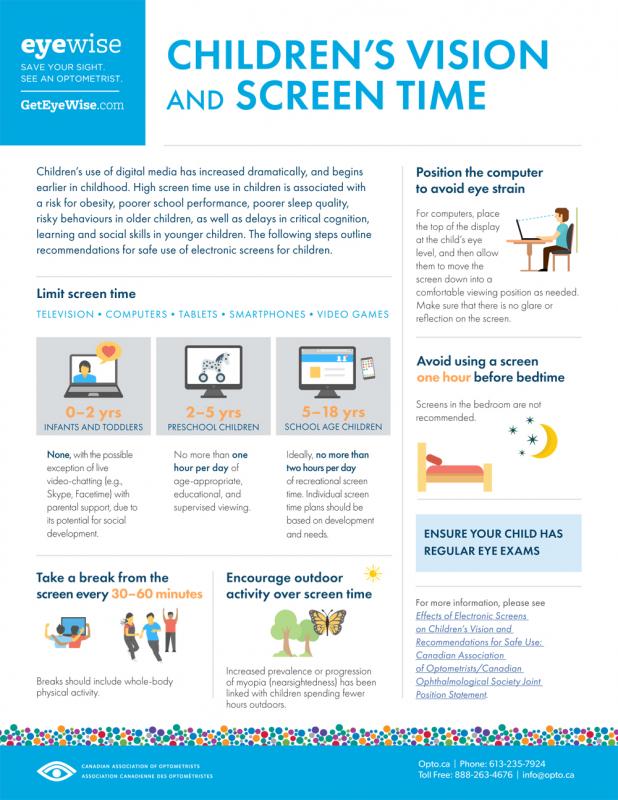 • Copes adequately with rebuffs or other disappointments. • Shows an interest in other children.
• Copes adequately with rebuffs or other disappointments. • Shows an interest in other children.
• Plays willingly with other children. • Interacts with positive body language. • Expresses feelings appropriately. • Waits for his or her turn for a short period of time. • Is invited by other children to play. • Is not excessively dependent on the primary carer. • Is not overly fearful of other adults and children.
Toddlers of the same age may not have the same levels of social competence. Much will depend on their personality, temperament, ability or disability. For example, a visually impaired toddler may be unable to read body language. A toddler with a hearing or speech difficulties may have difficulty in communicating with other children.
A strong attachment to a significant adult is one of the earliest lessons in the development of social relationships. Social behaviour in toddlers is also influenced by the actions and behaviours of parents and other adults who are important to them.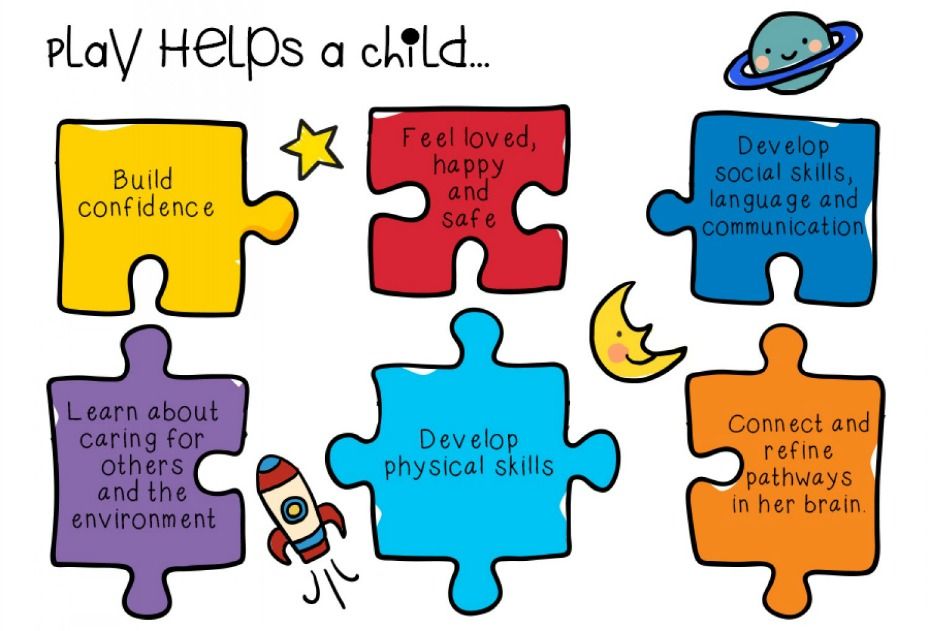
Toddlers are more likely to have stronger relationships with other people if they interact with other children and they are supported in their play by an adult. If interaction with other children is infrequent, their social development may be limited.
By the time they go to preschool, toddlers have learned how to interact socially with other children. By the time they go to school, a rapid increase in social skills can be observed. However, if the six-year-old has not achieved a basic level of social competence, this could affect the development of relationships in the future.
Dr Lin Day
15 Critical Social Skills for Kids and How to Develop Them
Child development is fascinating. Human beings start as vulnerable infants who rely on caregivers for their every need, then, over time, turn into independent children and hopefully high-functioning adults. What happens during each of these milestones is essential to the next stage of your child’s development.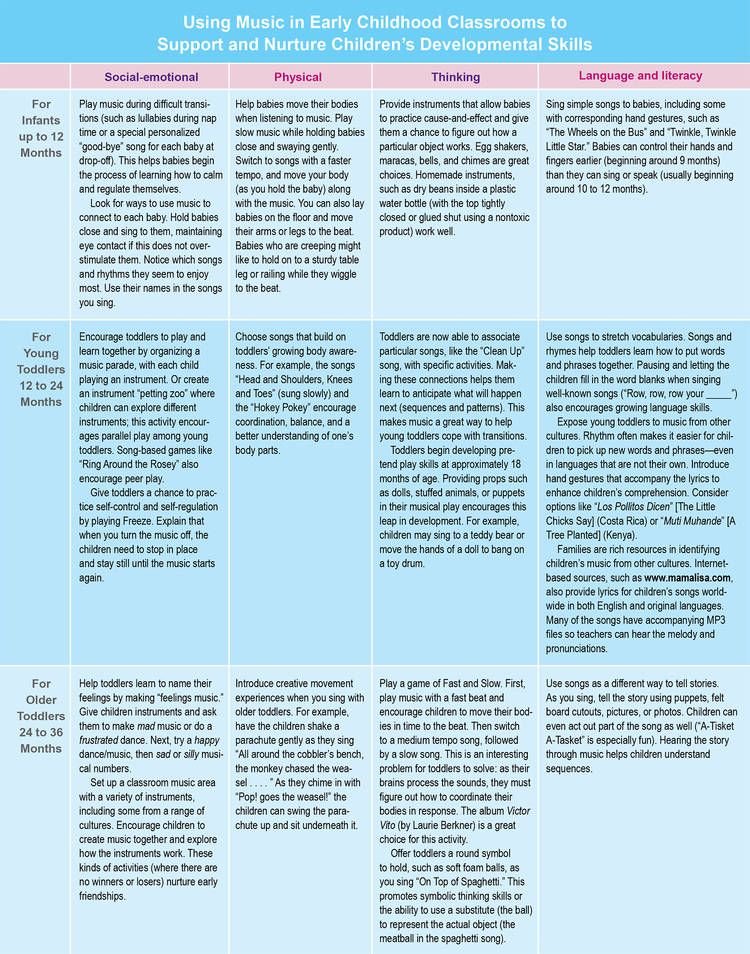
Social skills are learned a little differently from one another as your child grows up. A toddler, for example, won’t learn new skills the same way a school-age child might. The skills kids learn will vary depending upon need and environment. These skills build upon each other as they get older. Social skills training for kids is exceptionally important; starting early and building upon skills as a child grows will help them acquire what is necessary to become a well-developed individual.
Keep reading to learn about critical social skills for kids, and what age they learn those skills. Plus, we take a look at various activities you can try with your child to teach them these important skills!
Why Should a Child Learn Social Skills?
There is strong, valid research available that proves teaching social skills to children has lasting benefits. Children should begin learning basic social skills even as early as infancy.
The Benefits of Learning Social Skills as a Child
Whether social skills are taught in a social-emotional program at school, at home by parents, or even by a specialist such as a speech therapist or Board Certified Behavior Analyst, there are tons of benefits to doing so.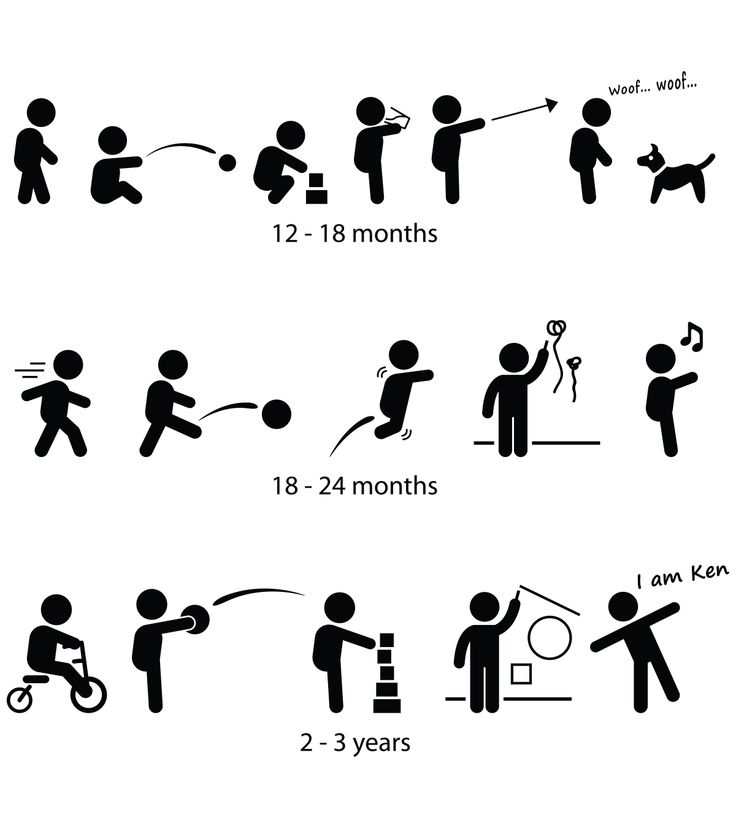
Teaching social skills to kids will help them be able to:
- Communicate effectively
- Problem-solve
- Make and keep friends
- Cooperate with others
- Practice active listening
- Use manners
- Adapt to different situations
- Utilize non-verbal cues
- Set and keep boundaries
- Share with others
- Say “no” appropriately
- Ask for help when needed
Overall, the effects of learning social skills lasts a lifetime for your kids.
A study published in the July 2015 issue of the American Journal of Public Health yielded the following results after monitoring the child participants over 20 years:
For every one-point increase on the 5-point rating scale in a child’s social competence score in kindergarten, he/she was:
- Twice as likely to attain a college degree in early adulthood;
- 54% more likely to earn a high school diploma; and
- 46% more likely to have a full-time job at the age of 25.
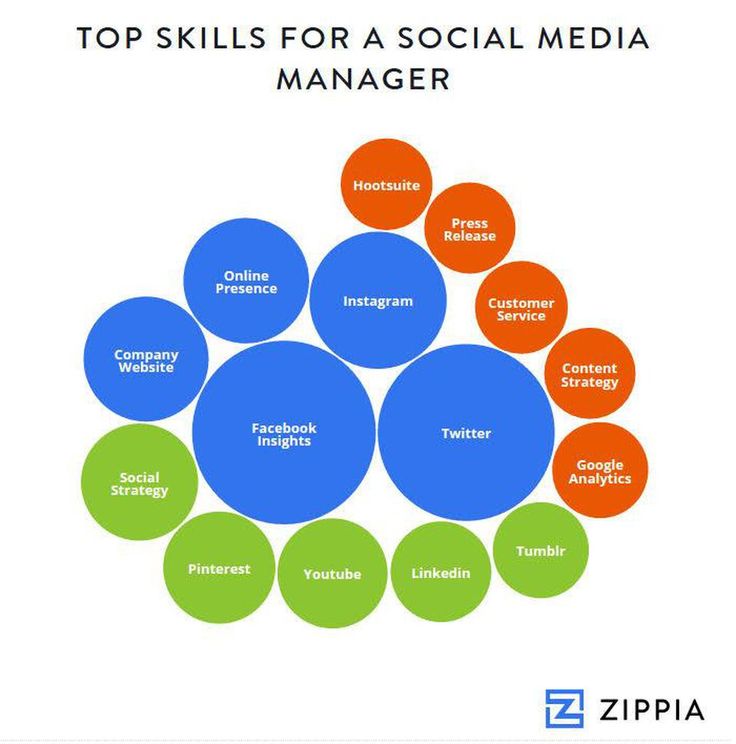
The results “indicated statistically significant and unique associations between teacher-assessed prosocial skills and outcomes in all domains examined.”
Types of Social Skills That Children Can Learn
So, what are the skills that your children can learn? Generally, the types of skills that children learn can be split into five categories:
- Physical social skills
- Socially-related social skills
- Cognitive social skills
- Behavioral social skills
- Adaptive/functional social skills
The way that your child will learn skills in each category will depend on a few factors. Naturally, the type of skill will change how your child learns it. For example, your child will learn how to listen differently than they learn how to share with their friends.
Ready to see all the amazing things your child will learn to do? Follow along in your child’s development as we break down the skills they learn by age.
Social, Cognitive, and Motor Skills Activities for Kids by Age
When you think of your baby, the first thought likely isn’t about their social skills.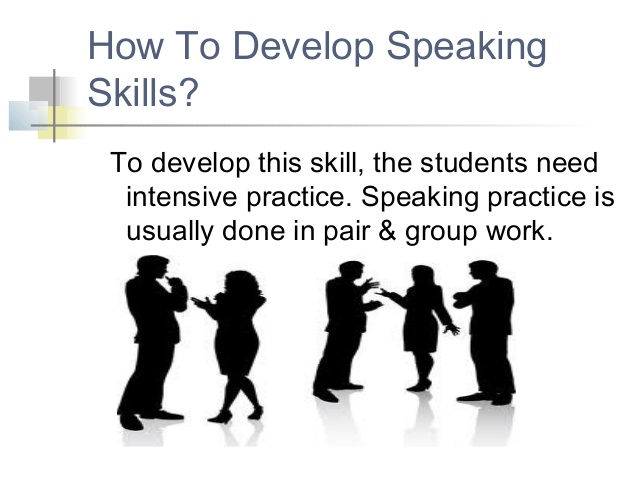 After all, they’re a baby! However, infancy is when the brain is the most malleable. The synapses created and connections made in the first three years of life are so numerous and frequent—this is when important external input is happening.
After all, they’re a baby! However, infancy is when the brain is the most malleable. The synapses created and connections made in the first three years of life are so numerous and frequent—this is when important external input is happening.
Experts at the Urban Child Institute say it simply enough: “Genes provide a blueprint for the brain, but a child’s environment and experiences carry out the construction.”
Below are examples of critical social skills for different child development stages, as well as social skills activities you can try with your kids.
Infants 2 months to 1 year
Skill #1: Two-Way Communication
Two-way communication is the act of two individuals exchanging forms of communication back and forth (verbal or non-verbal). You’ve likely noticed that your baby can be pretty social with you! That’s because babies will communicate with their caregivers in one form or another. At this stage, behaviors are copied from what they see and hear. Caregivers can help their infant learn to communicate back and forth by:
- Using appropriate eye contact
- Using non-verbals appropriate for the situation
- Responding to each other’s styles of communication
- Talking often to the infant/having a conversation even though the infant may not be able to say actual words at this stage.
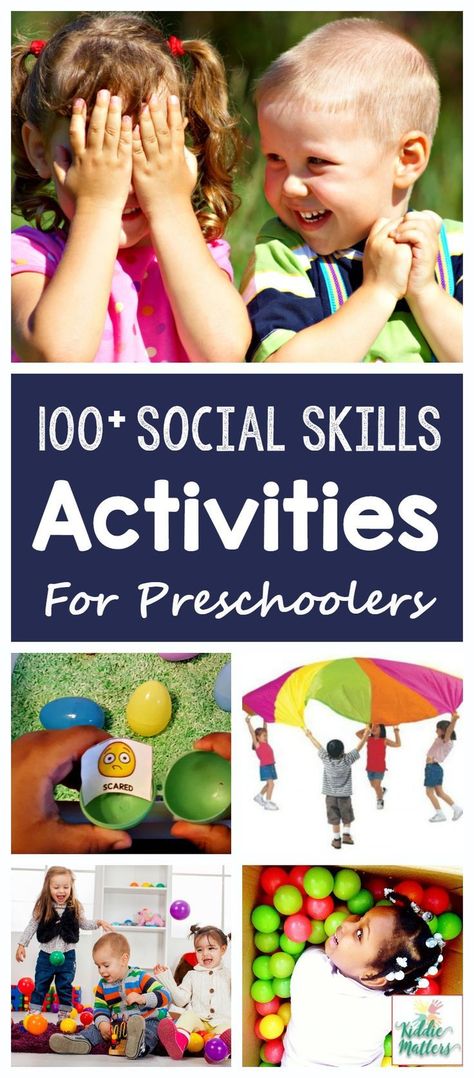
Activity ideas for two-way communication include:
- Peek-a-Boo
- Baby Sign-Language
- Magic Mirror
- Use rhyming words and songs to communicate
Skill #2: Exploration
As your baby grows, they’ll start to move around more, and their natural curiosity will have them exploring their surroundings. Being able to do this is important to their physical, emotional, and social development. By exploring, infants can begin to develop more independence, and more trust in their environment and the people around them.
Activity ideas for infant exploration include:
- Provide baby with items and toys that will stimulate different senses
- Allow baby to have new and enriching experiences daily
- Give the freedom to roam in a safe environment
- Let baby get messy—too much structure doesn’t allow for exploration
- Take baby to the zoo, on a nature walk, or to a festival; they really do take it all in!
Skill #3: Communicating Needs/Self-Advocacy
Communicating effectively and appropriately is a huge part of helping your baby become socially aware.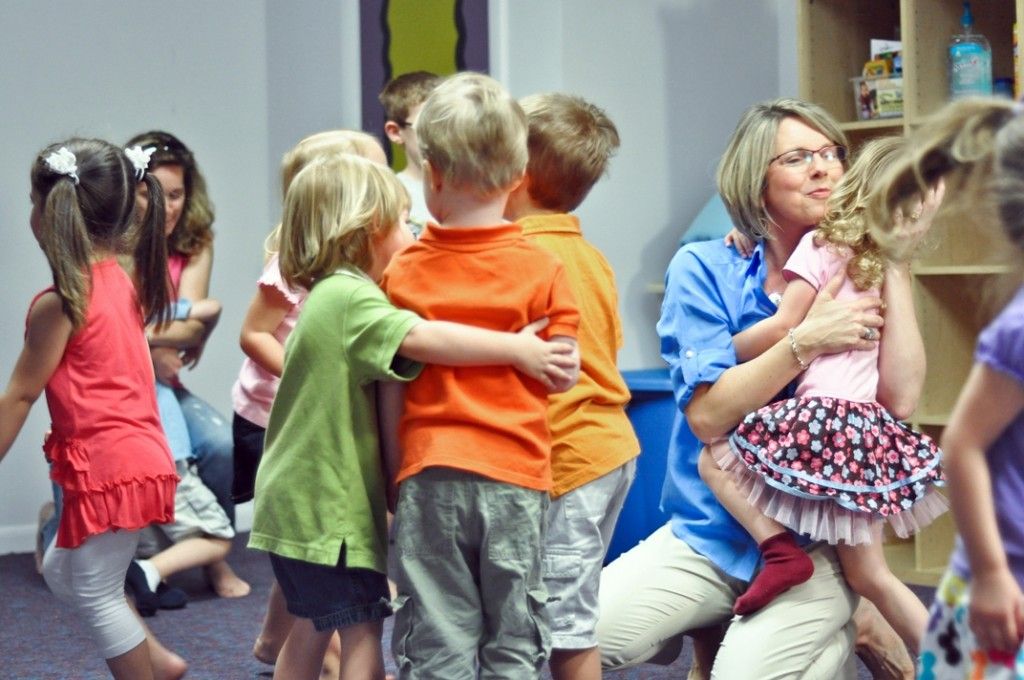 Even though infants don’t typically speak their first actual words until around a year or later, they can still understand a lot more than people think.
Even though infants don’t typically speak their first actual words until around a year or later, they can still understand a lot more than people think.
Teaching an infant how to communicate their needs at this stage will not only cut down on your frustration when they begin to cry, and you don’t know why, but it will help them to be less frustrated and get their needs met.
Activity ideas to help infants communicate their needs:
- Learn Baby Sign Language and teach it to baby
- Use pictures or a communication board
- Research and learn more about infant communication
- Learn baby’s non-verbal cues and types of sounds
- Practice sounds and simple words with baby
Skill #4: Emotion Regulation
Psychology Today defines emotion regulation as “the ability to exert control over one’s own emotional state.” The importance of this is to grow into an emotionally healthy child and adult who can identify their emotional state and alter it if needed (such as if s/he is too angry or frustrated) and utilize coping skills to regulate those unwanted emotional states.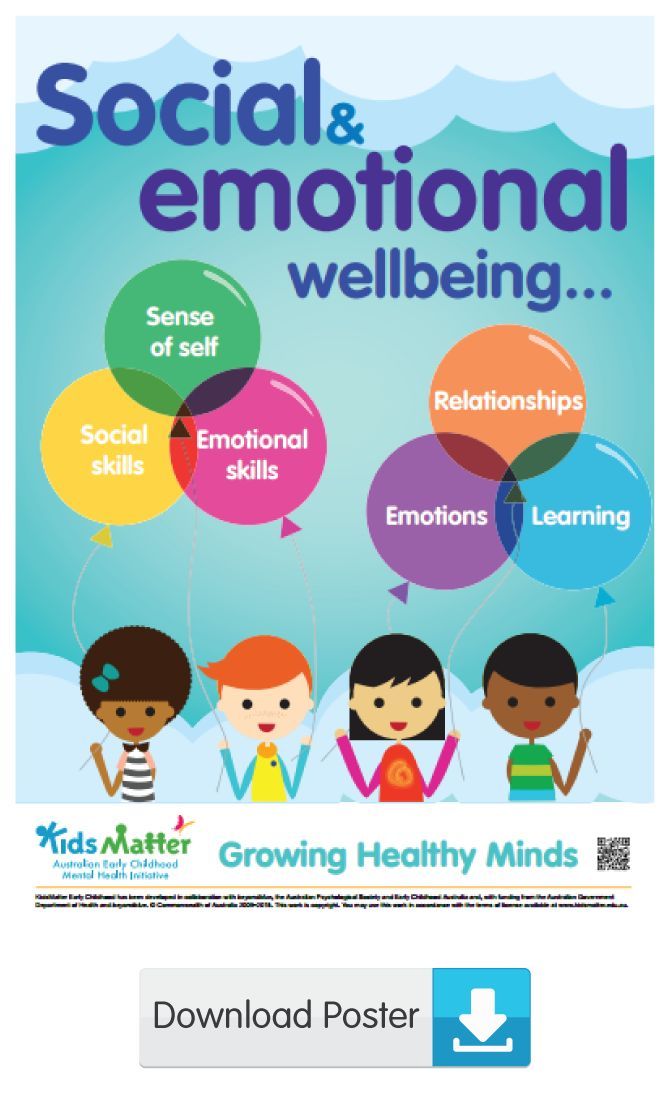
While this seems much too complicated for your infant (they can’t choose a specific coping skill to use, for example), emotion regulation does begin in infancy if it’s taught in the right environment. Much of an infant’s ability to regulate their emotions has a lot to do with the attachment style s/he has with the caregiver. An infant whose caregiver provides too much attention or not any attention, such as neglect, are both likely to have deficits in this skill.
Activity ideas to help an infant work on their emotion regulation:
*Most of these ideas are what the caregiver will do.
- Give reliable and consistent protection and support to baby (secure attachment style)
- Keep a routine
- Modeling emotion regulation (taking a break, deep breathing, talking about emotions)
- Help baby self-soothe with the use of a stuffed animal or pacifier
Skill #5: Expressing Emotions
Your kid learns how to express emotions from their parents by copying what they see and through their own trial and error.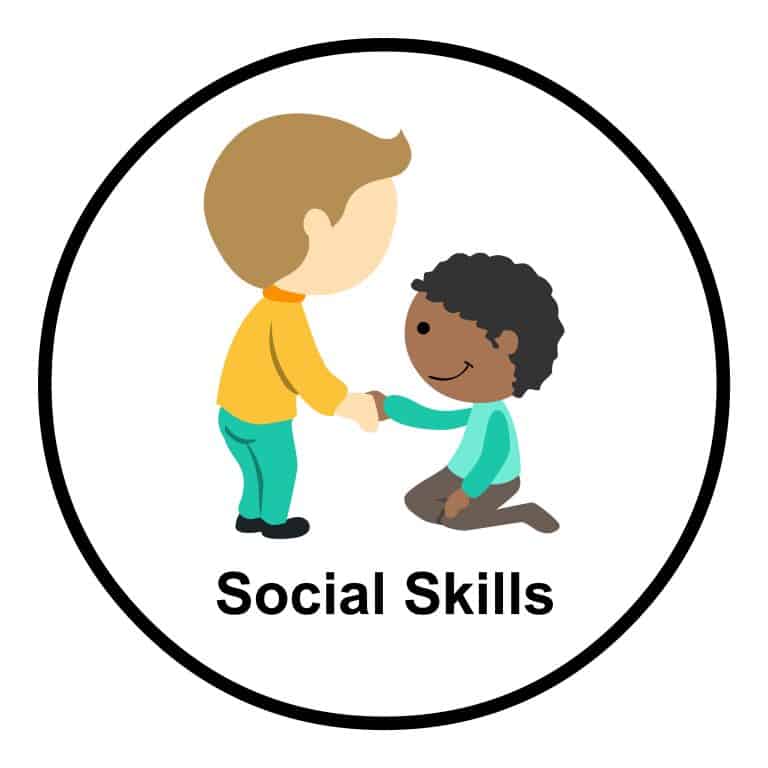 If an infant frowns or looks as if s/he is going to cry, the caregiver will more than likely respond with comfort or solve the problem. The infant then learns s/he will get certain reactions for certain expressions/emotions shown.
If an infant frowns or looks as if s/he is going to cry, the caregiver will more than likely respond with comfort or solve the problem. The infant then learns s/he will get certain reactions for certain expressions/emotions shown.
Activities to help infants learn how to express emotions:
- Singing and dancing
- Imaginative play
- Reading picture books about feelings
- Looking at pictures of other infants expressing different emotions
- Modeling different emotions for babies and naming them.
Toddlers (1-4 years old)
The following are skills for kids that are in the toddler years.
Skill #1: Cooperating and Sharing
Cooperation is an important social skill activity category for kids. As they say, sharing is caring!
As toddlers start being social with others their age at school or a playdate, for them to make and keep friends, they must learn how to cooperate in a group and the act of sharing. Learning how to play fair and make things fair while being kind and respectful is a must at this stage in development.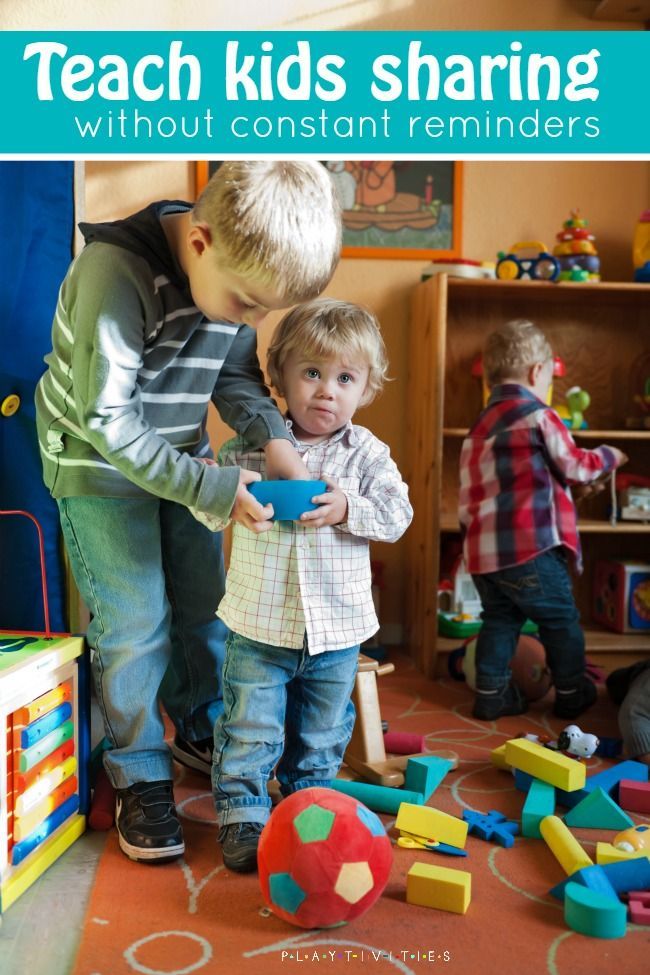
Activities to help toddlers learn about cooperation and sharing:
- Obstacle course or relay race
- Make a tower or build something together
- Work on a puzzle together
- Play a game in which participants take turns
- Follow the leader
- Donate a toy
- Create a sharing box or bin
- Role-play and model sharing
- Positively praise appropriate behavior
Skill #2: Following Directions
Now that your child is a toddler, they can walk, talk, and explore. They can also be somewhat independent throughout the day as they learn new skills. Following directions (following step-by-step instructions and learning to follow them without arguing) are skills for kids that those in the toddler years absolutely need to learn.
Activities to teach about following directions:
- Simon Says
- Stop, Wait, Go
- Using books and songs with instructions
- Hokey Pokey
- Practice giving one to two-step directions
- Model how to follow multi-step directions
- Positively praise for following directions on the first prompt
Skill #3: Using Manners
Wouldn’t it be nice if all children naturally used good manners? Of course! But, the road to good manners is paved with plenty of practice and learning.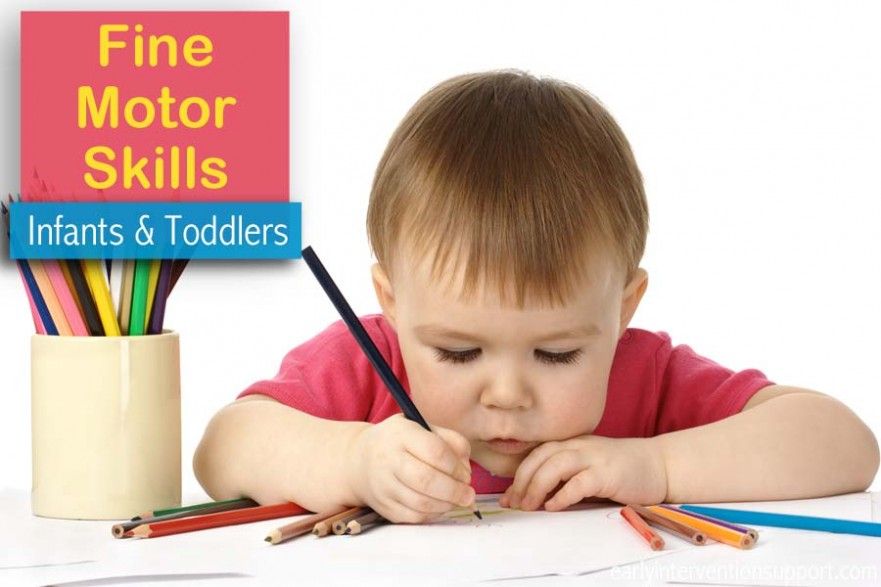 That’s why caregivers and teachers need to teach, teach, and teach these skills by modeling and practicing with their toddlers.
That’s why caregivers and teachers need to teach, teach, and teach these skills by modeling and practicing with their toddlers.
Activities to teach manners:
- Read books and sing songs about manners
- Have a “tea party” or family meal where everyone practices good manners
- Mind your Manners game
- Practice sharing toys/craft items/sports equipment
- Yes Please, No Thank You game
- Keep pictures and visuals up for reminding toddlers about manners
Skill #4: Communicating Needs Appropriately
Now that toddlers can speak, it is important for them to learn how to communicate their needs appropriately. Crying, like an infant needs to, no longer works. Communication skills for kids are imperative to their success in the real world.
According to the experts at Positive Psychology, eight fundamentals of communication include empathy, pausing, introspection, turn-taking, established procedures, conversation skills, respectful vocabulary, and practice in natural settings.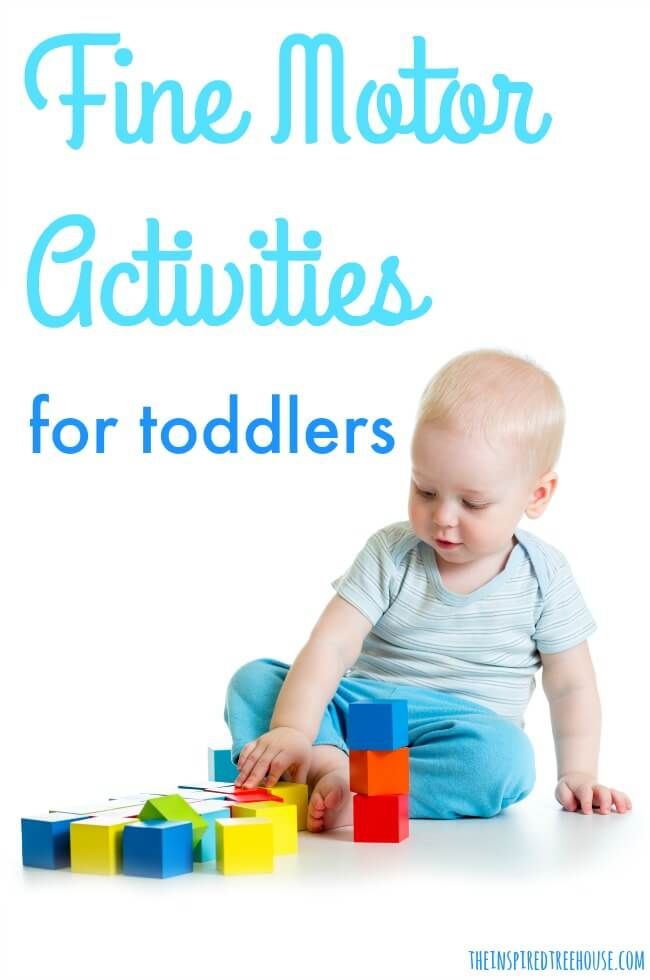
Activities to promote effective communication:
- Show and Tell
- Turn-taking
- Picture-telling
- Model and practice active listening
- Telephone
- Charades
- Practice asking and answering questions
Skill #5: Respecting Personal Space
Toddlers don’t yet understand what personal boundaries are and why someone might want their personal space. This needs to be taught to them explicitly. Learning the social skill of respecting personal space, toddlers will have a better chance of making and keeping friends.
Activities to promote boundaries:
- Practice with boundary lines (tape or string on the floor)
- Stage conversations or activities with boundary lines
- Use visuals and stories to teach about personal space
- Teach about parts of the body and nonverbals
Primary School (around 5-6 years old)
Once they enter preschool and kindergarten, the skills for kids get more complex and involve more internalization and self-reflection.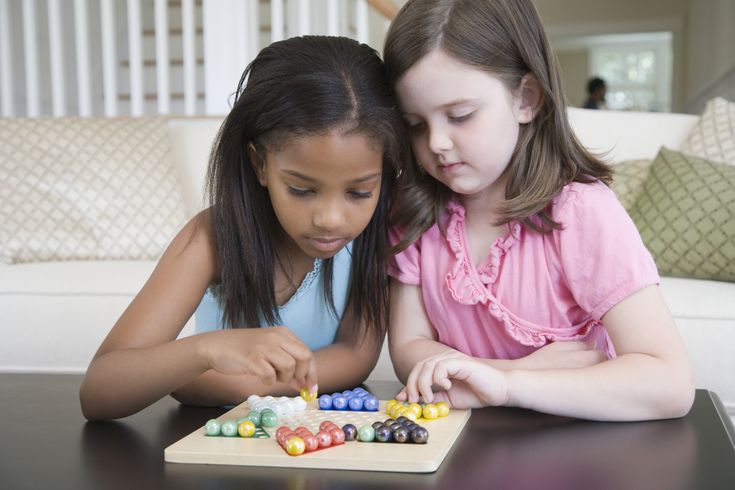 Problem-solving skills and making choices that will affect them and others are typically learned at this stage.
Problem-solving skills and making choices that will affect them and others are typically learned at this stage.
Skill #1: Self-Control
The emotion regulation skills that children learn before this stage are a must when learning self-control. Emotion regulation is more about calming and self-soothing at previous stages. In contrast, self-control (a part of emotion regulation) is more about understanding that actions affect others. When kids are in this stage and in school, they need self-control to sit still, follow directions, control impulses, and act appropriately.
Activities that can help teach self-control are:
- Simon Says
- Freeze
- Wait Five
- Duck Duck Goose
- Staring Contest
- Follow the Leader
Skill #2: Conflict Resolution
Like self-control, conflict resolution is a more advanced skill that typically won’t be learned in the previous stage. Kids in school need to be able to solve their own interpersonal conflicts in a healthy way.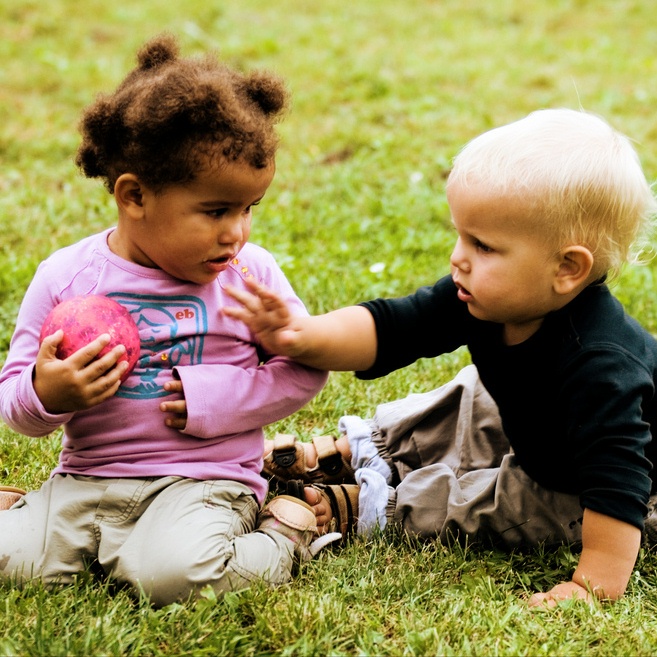
Activities that will help kids learn about conflict resolution include:
- Role-playing scenarios
- Point out conflicts from TV shows/movies and talk about them
- Teach about compromising and making a “middle path”
- Conflict Resolution Visual Task Cards
- Model empathy
- Practice apologizing
Skill #3: Patience
Having patience is difficult even for adults; therefore, it is important to start learning this critical social skill early on and promote patience in all sorts of situations.
Activities to practice patience include:
- Help kids to avoid instant gratification (start slowly)
- Give kids strategies to help them be patient (deep breathing, count to 10, etc.)
- Use a timer or a visual when the child is waiting
- Practice taking turns
- Model patient behaviors
Skill #4: Good Hygiene
At this stage, potty training should be over with, and kids should be more independent when it comes to following good hygiene.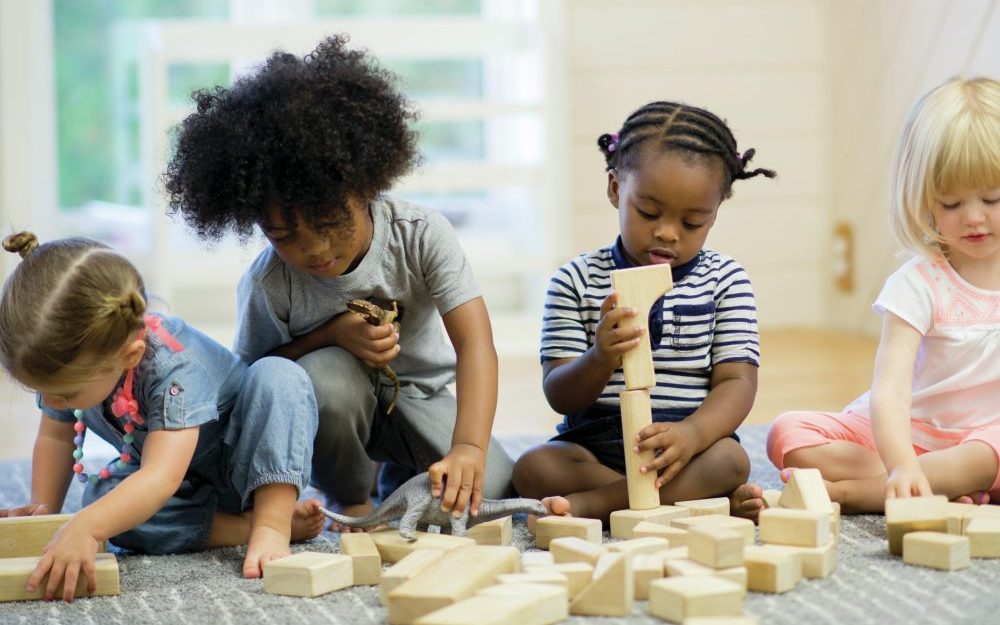 Hygiene is a social skill because people are more likely to want to be around a clean, well-groomed person who smells nice. Kids can get dirty and stinky—it is beneficial to teach them what to do if this happens throughout the day.
Hygiene is a social skill because people are more likely to want to be around a clean, well-groomed person who smells nice. Kids can get dirty and stinky—it is beneficial to teach them what to do if this happens throughout the day.
Activities to promote good hygiene are:
- Place hygiene-reminder visuals in the home and at school
- Discuss the places germs hideout
- Read books or watch videos about good hygiene
- Have kids make their own hand-washing poster
- Post a hygiene checklist at home (hands, face, body, hair, teeth, etc.)
- Make hygiene fun with good-smelling and fun-colored products
Skill #5: Being a Good Sport
These skills for kids are critical. Kids will have a chance to show good sportsmanship in the classroom, at home, at recess, at birthday parties, and during sports. Those who are bad sports aren’t all that fun to play with. A social skills activity for kids that centers around sportsmanship should promote kindness, acceptance, respect, and encouragement.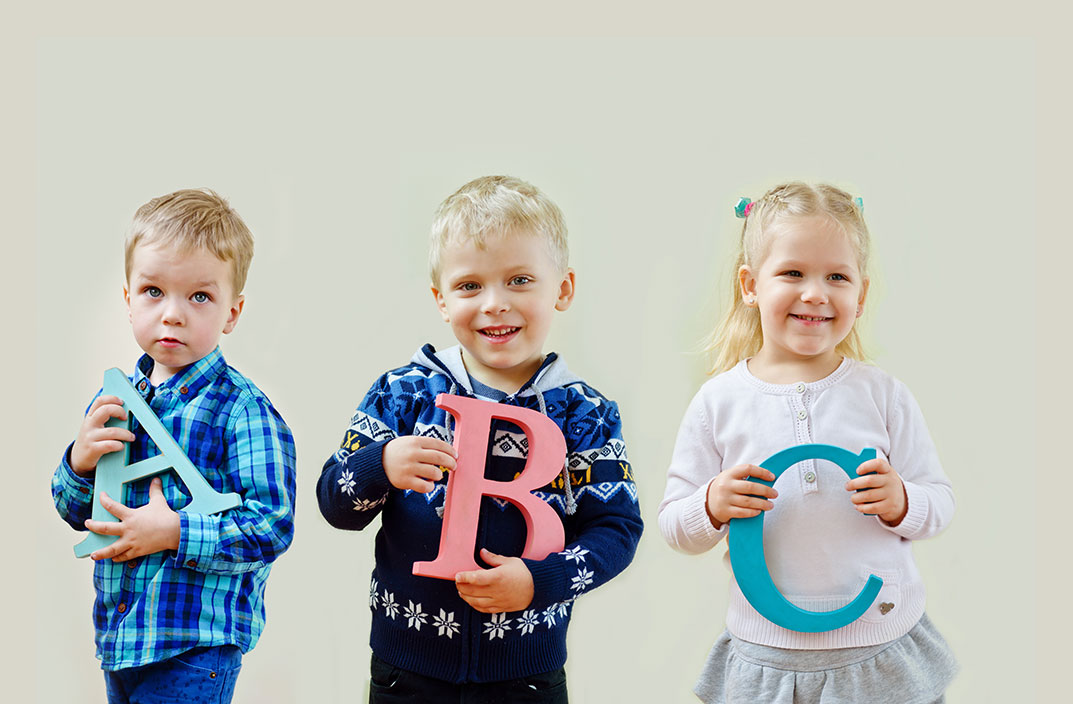
Activities to teach sportsman-like behaviors include:
- Practice playing games at home and don’t let the child win
- Make sure the caregiver, teacher, or coach models being a good sport when they lose
- Set the rules of the game and stick to them
- Help the child learn from mistakes and move on with grace
- End the game with a handshake or congratulations
- Watch videos and read books about being a good sport.
There are some obvious and drastic physical, emotional, and physiological changes between each child development stage. This is obviously why an infant, toddler, and primary-aged child will work on different social skills activities, but many build upon each other.
For example:
- An infant works on emotion regulation and coping using a blanket, stuffed animal, or pacifier; infants also have a secure attachment with their caregiver and can self-regulate by snuggling or being held.
- A toddler continues to work on emotion regulation by expressing feelings, finding other items that are comforting aside from a pacifier, and they begin to actively learn more about emotions and feelings.
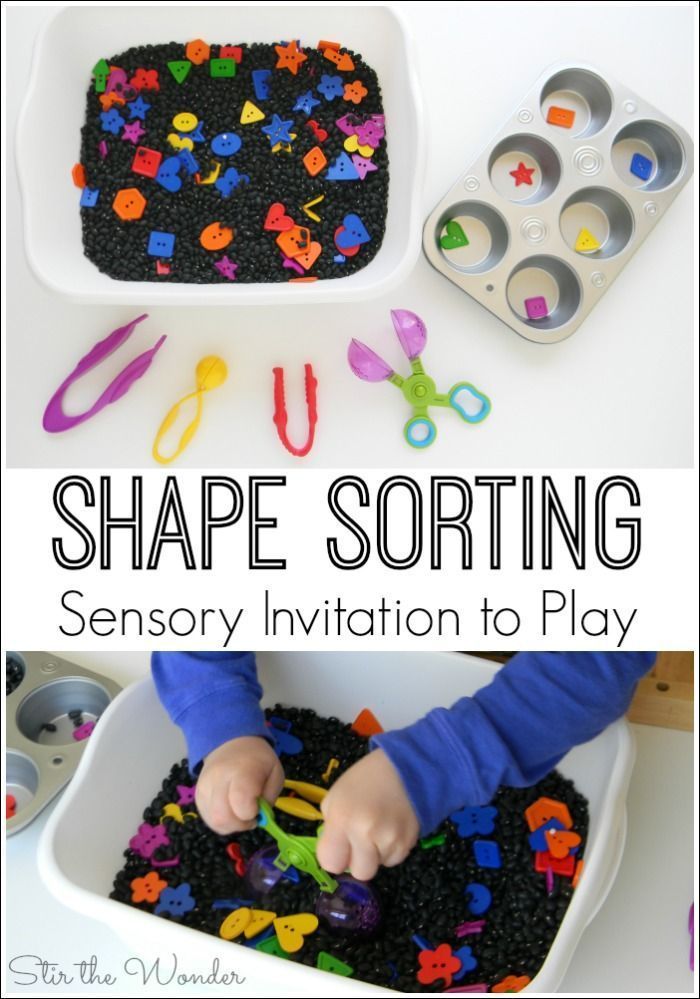
- A primary school-aged child works on emotion regulation by asking for help, identifying emotions and specific coping skills to go along with more difficult ones, and talking to others about their feelings.
The result will be similar: the child, over time, will learn how to cope and regulate his/her own emotions, yet the strategies used will become more advanced, and thought will be put into actions and consequences.
Each of these social skills listed are critical to teach children—at home and in a school setting. Without them, healthy children may grow up to be maladaptive and not function on the same level as similar peers. We all want our children to be successful and have the most effective tools or social skills to be so.
Where do Kids Develop Skills Best? Pros and Cons
At Home via Homeschooling or Virtual Learning
Pros:
Children who are taught at home during their early primary school years can absolutely be trained on various social skills.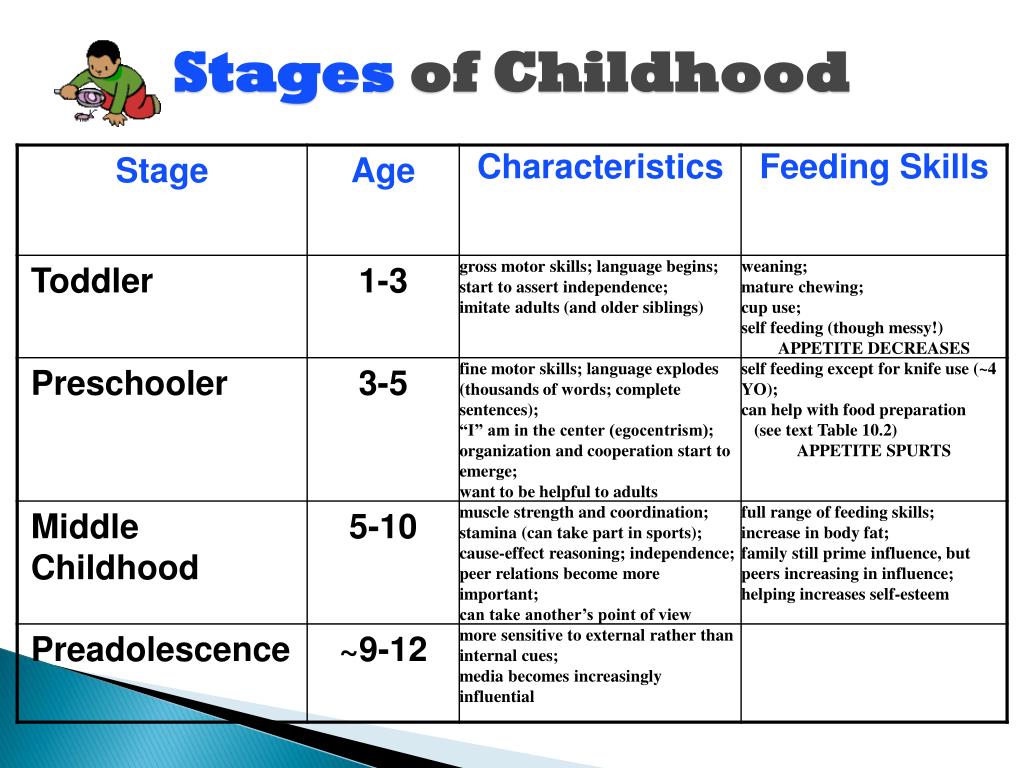 In a way, being at home while learning social skills may give the caregiver more control over the environment and what will be taught and how. Being at home can give the child more one-on-one attention, and caregivers may have more time and flexibility to introduce the child to novel experiences, such as going to a museum and practicing certain skills. At this time during the pandemic, technology has made it easier for students who learn at home to get access to other students and activities via Zoom or another online platform.
In a way, being at home while learning social skills may give the caregiver more control over the environment and what will be taught and how. Being at home can give the child more one-on-one attention, and caregivers may have more time and flexibility to introduce the child to novel experiences, such as going to a museum and practicing certain skills. At this time during the pandemic, technology has made it easier for students who learn at home to get access to other students and activities via Zoom or another online platform.
Cons:
Some children who are taught at home have less access to peers and groups of peers necessary to teach certain social skills. Many skills, such as showing good sportsmanship, cooperation, and self-control, would best be learned and practiced with other children around. Caregivers may need to be a little more creative when thinking of social skills activities to use when there aren’t many other children involved.
In a School Environment
Pros:
Interactive social skills activities for kids are sometimes much easier to create in a classroom setting due to having access to multiple students in one area.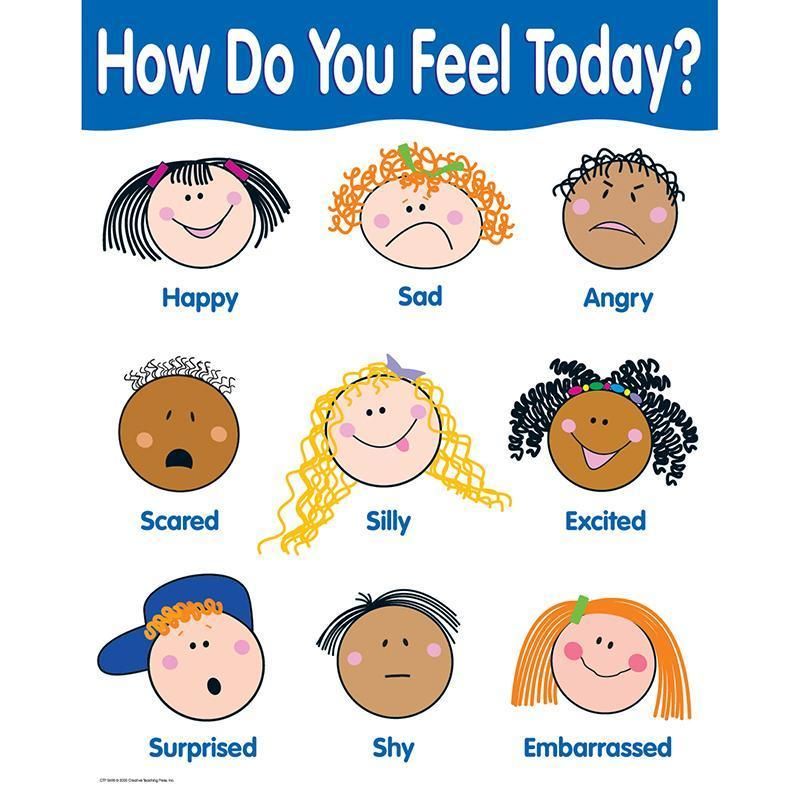 Not only can teachers do whole-group instruction on skills, but they can also differentiate by grouping students based on need and skill level. It is always beneficial for kids to be around other kids in a social environment. In the classroom, teachers can also embed social skills training into each subject area and within each environment at the school by using a classroom matrix.
Not only can teachers do whole-group instruction on skills, but they can also differentiate by grouping students based on need and skill level. It is always beneficial for kids to be around other kids in a social environment. In the classroom, teachers can also embed social skills training into each subject area and within each environment at the school by using a classroom matrix.
An example of how social skills are promoted within an educational setting is Cadence Education’s Kind Child. Each month, teachers working in a Cadence school focus on developing valuable character traits like friendship, thankfulness, and a positive self-image. They advocate for a “kind child, kind school, and kind community.”
Cons:
Students getting social skills training in a classroom setting may not get as much one-on-one attention due to classroom demands and the number of other students in the class. Also, certain students may be poor examples in relation to social skills, and vulnerable children may pick up on bad habits if not addressed.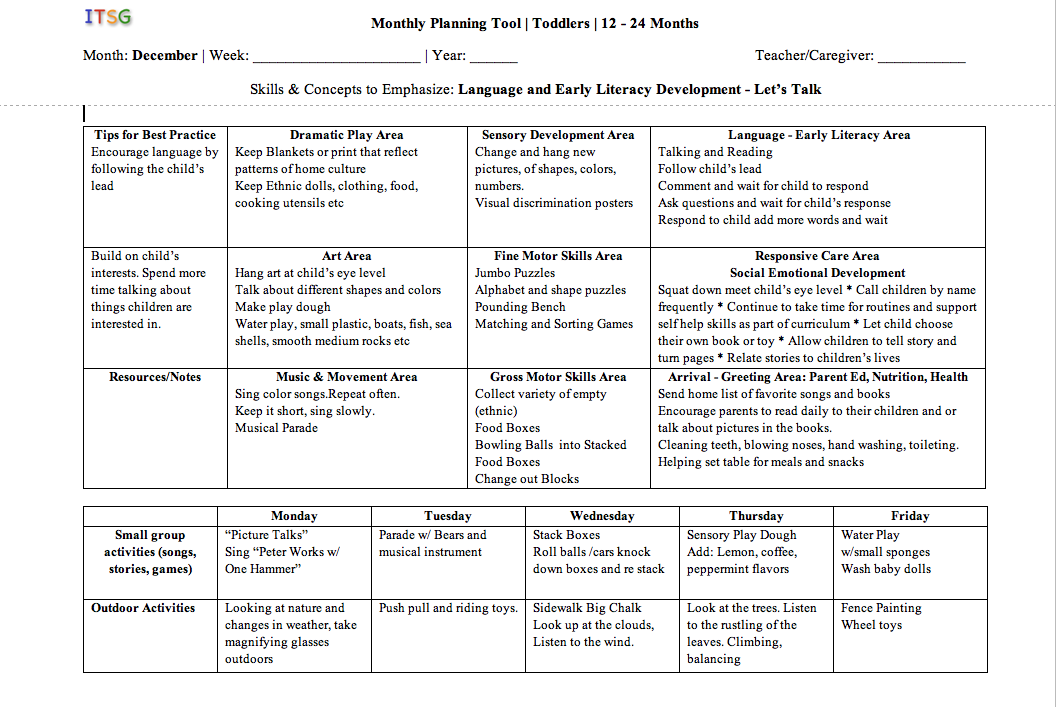
Regardless of the caregiver’s learning environment, social skills should be explicitly taught, and appropriate behaviors should be positively praised and rewarded.
Prepare Your Children to Thrive
Schools that know a thing or two about positively teaching and promoting social skills among children are Cadence Education schools. They also provide students with engaging and creative content-based lessons while using various types of curriculum.
The Ascend Curriculum combines skills-based learning across nine different learning domains, including literacy, math, science, physical fitness, creative expression, social-emotional development, cultural understanding, technology, and language.
Another curriculum offered in some Cadence schools is the Pinnacle Curriculum, a faith-based curriculum designed to encourage children to develop their emerging skills in developmental areas while discovering and experiencing God’s love.
Some Cadence Education schools also offer Montessori and Private Kindergarten programs as well.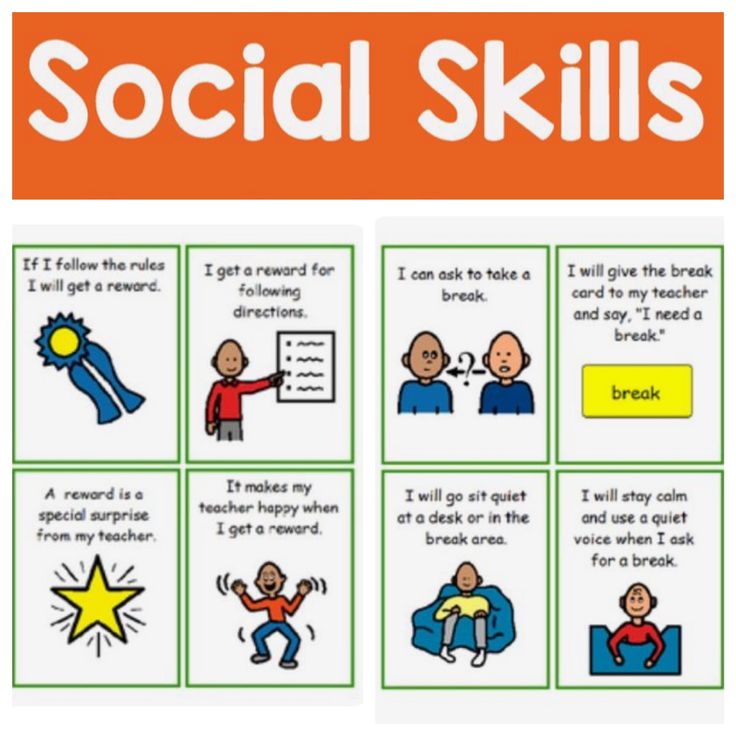
Cadence staff provide parents with peace of mind by giving children an exceptional education every fun-filled day in a place as nurturing as home.
Cadence may be the right fit for your child—a place where they can thrive socially, emotionally, and academically.
Are you interested in finding out how a Cadence Education school can benefit your child? Click here to search for a school in your area and contact someone from Cadence to learn more.
Social skills of preschoolers - the development of social skills in children
The development of social skills is a necessary point of education. A child with a high degree of socialization will quickly get used to kindergarten, school, any new team; in the future will easily find a job. Social skills have a positive effect on interpersonal relationships - friendship, the ability to cooperate.
Let's figure out what social skills are.
What are social skills and why develop them? nine0007
Social skills - a group of skills, abilities that are formed during the interaction of a person with society and affect the quality of communication with people.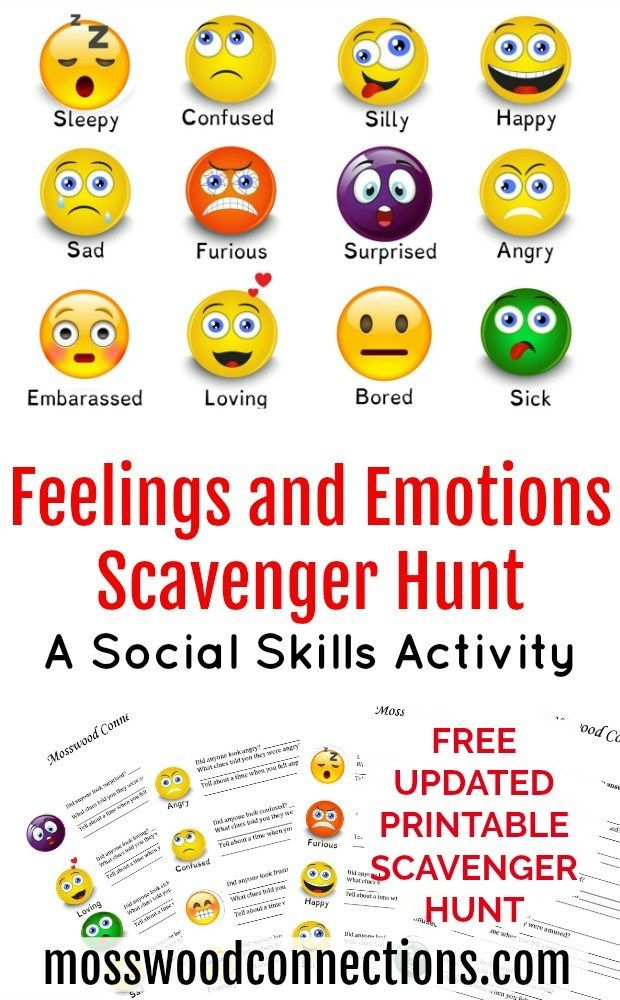
Man is a social being: all our talents and aspirations are realized thanks to other members of the group. Others evaluate our actions, approve or condemn our behavior. It is difficult to reach the pinnacle of self-actualization alone.
That is why social skills are important. They should be developed from early childhood and honed throughout life. nine0003
Social skills are a reflection of the child's emotional intelligence, to which educators and teachers assign an important role in the process of personality development. Without this group of skills, a smart child will not be able to apply the acquired knowledge in practice: it is not enough to create something outstanding, you need to be able to correctly convey thoughts to the public.
Sometimes people mistakenly believe that social skills relate exclusively to the topic of communication, communication. In fact, skills include many multidirectional aspects: an adequate perception of one's own individuality, the ability to empathize, work in a team, etc.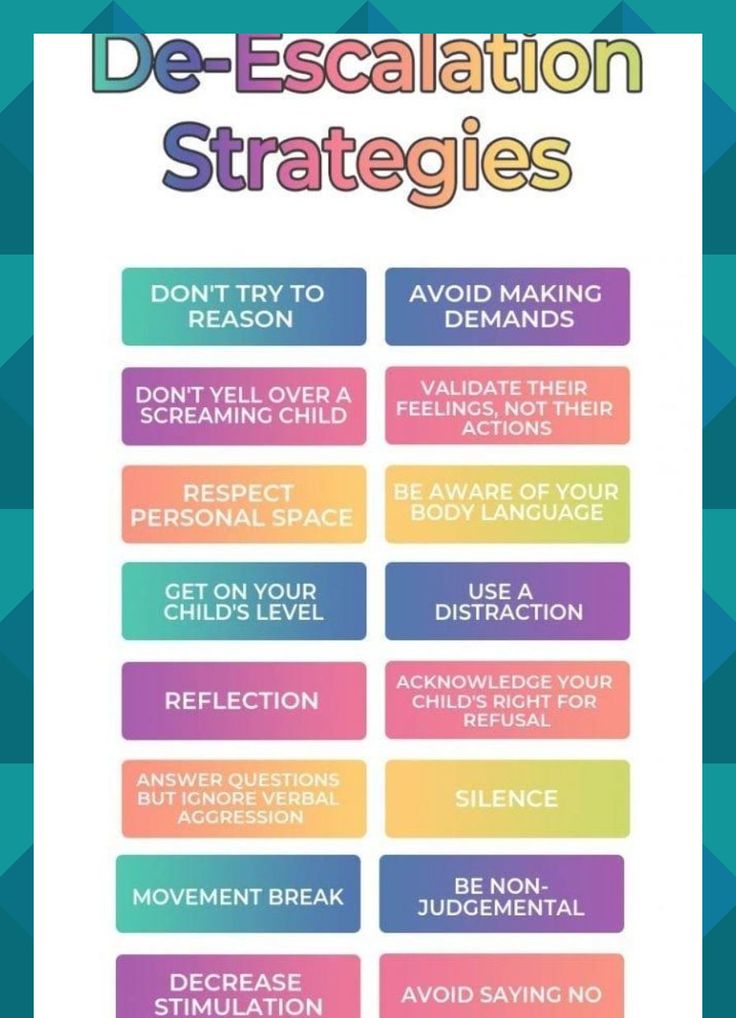
Why do we need social skills?
- Regulate the area of interpersonal relationships: the child easily makes new friends, finds like-minded people.
- Minimize psychological stress: children with developed social skills quickly adapt, do not feel sad due to changes in external circumstances.
- They form an adequate self-esteem from childhood, which positively affects life achievements and development in adulthood.
- Social skills cannot be separated from building a successful career: the best specialists must not only understand the profession, but also have high emotional intelligence. nine0024
Development of social skills in a child
Social skills need to be developed from preschool age, but older children and even teenagers may well learn to interact with the world.
It is recommended to pay attention to areas of life that bring discomfort to the child, significantly complicate everyday life.
- Friends, interesting interlocutors: the kid does not know how to join the team, he prefers to sit in the corner while the others play.
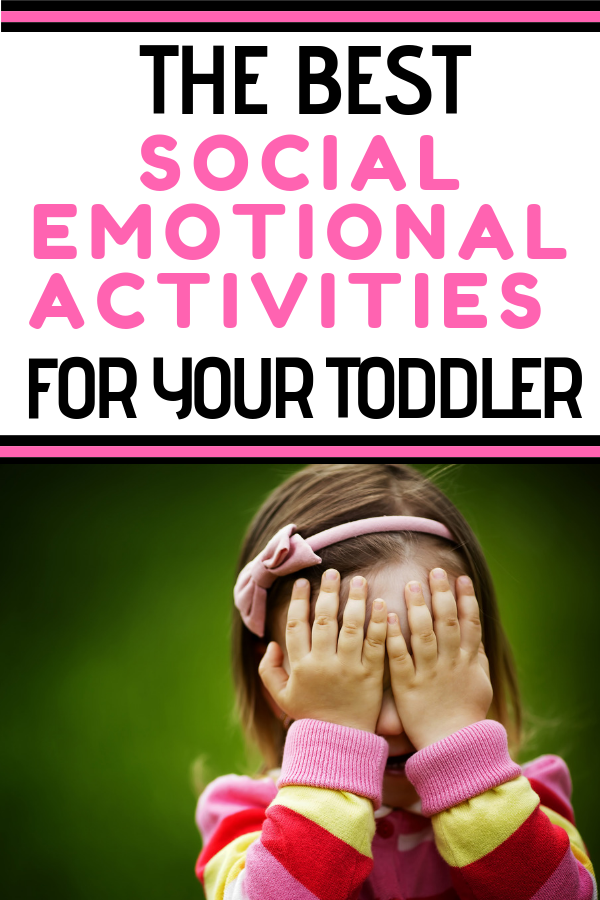
- Verbal difficulties. The child does not understand the rules of conversation, is poorly versed in the formulas of etiquette (when you need to say hello, say goodbye, offer help). nine0024
- Problems with the non-verbal side of communication. Such a baby does not recognize the shades of emotions, it is difficult to understand how others relate to him. Cannot "read" faces and gestures.
- Does not know the measure in expressing a point of view: too passive or, conversely, aggressive.
- The child bullies classmates (participates in bullying) or is a victim.
In case of severe moral trauma, one should consult a psychologist: for example, school bullying is a complex problem that children are not able to cope with on their own. The involvement of parents and teachers is required. nine0003
In other cases, family members may well be able to help the child develop social skills.
What are the general recommendations?
1.
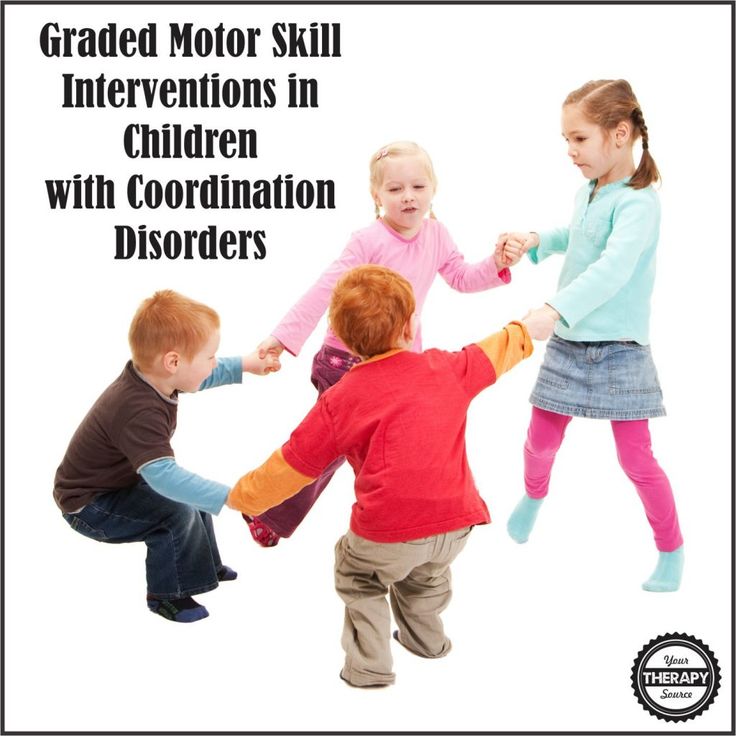 Be patient
Be patient Don't push your child to get the job done. Let them take the initiative: for example, do not rush to help during school gatherings, let the baby work on the problem on his own. The same goes for lessons and other activities.
2. Support undertakings
Children's dreams seem trifling to adults, but the initiative turns into a habit over the years and helps to discover new projects, meet people, and experiment. nine0003
3. Criticize the right way
When making negative comments, remember the golden rule of criticism: analyze the work, highlighting both positive and negative sides in a polite way. Commenting on the specific actions of the child, and not his personality or appearance - this will lead to problems with self-esteem.
4. The right to choose
It is important for children to feel that their voice is taken into account and influences the course of events. Invite your child to personally choose clothes, books, cartoons.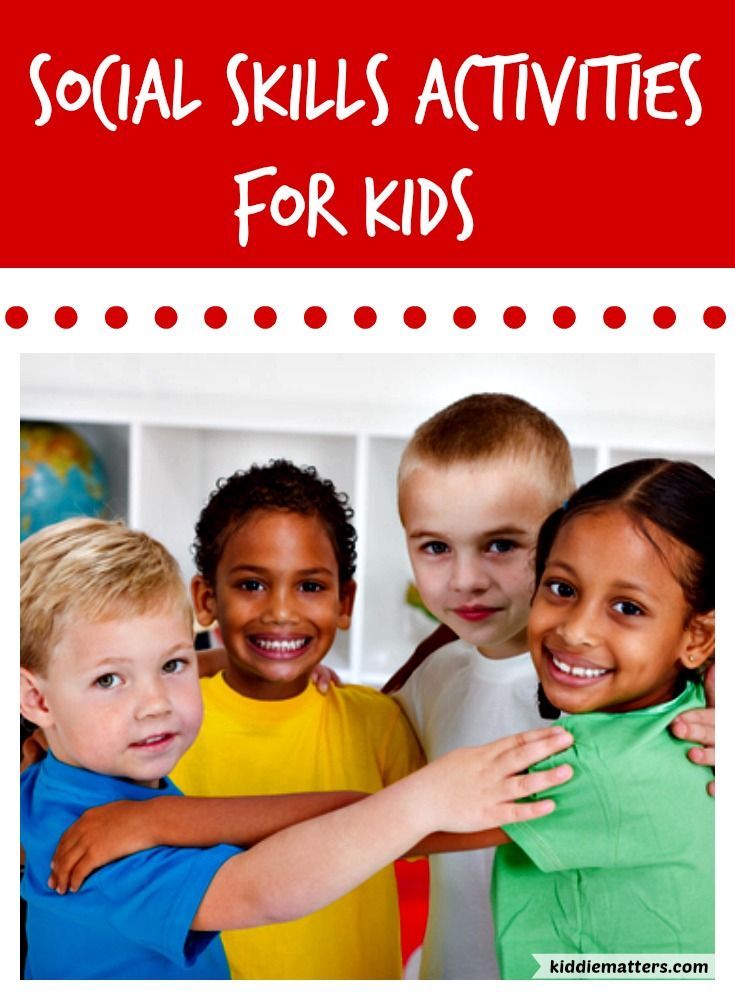 Ask about ideas, plans: “We are going to have a rest together at the weekend. What are your suggestions? nine0003
Ask about ideas, plans: “We are going to have a rest together at the weekend. What are your suggestions? nine0003
5. Personal space
Make sure that the baby has a place where he can be alone and take a break from talking. Personal things should not be touched: rearrange without prior discussion, read correspondence with friends, check pockets, etc.
Children, noticing the respectful attitude of adults, quickly begin to pay in the same coin; the atmosphere in the family becomes warm and trusting.
What social skills should be developed in a child? nine0007
Let's dwell on the main qualities and skills, the development of which is worth paying attention to.
1. The ability to ask, accept and provide help
Without the ability to ask for help, the child will deprive himself of valuable advice; the lack of the ability to accept help will lead to losses, and the inability to provide help will make the baby self-centered.
- Let the child help those in need: for example, a lagging classmate.
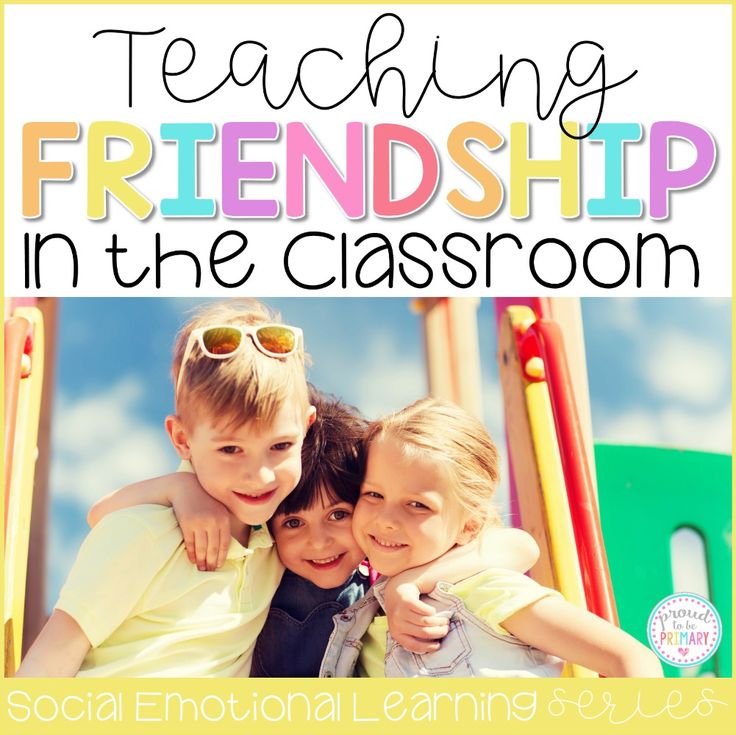
- Explain to your child that getting help from friends and teachers is not a shame. nine0024
- Show by personal example that mutual help enriches experience: tell how you exchange advice with colleagues, friends.
2. The ability to conduct a conversation and get the right information
Being a good conversationalist is difficult, but the skill is honed over time and brings a lot of benefits.
- Prompt your child for dialogue development options: for example, you can start a conversation with a relevant question, a request for help.
- Do not leave the child in the role of a silent listener: when discussing pressing issues at home, ask the opinion of the baby. nine0024
- Support children's public speaking: reports at school, performances, funny stories surrounded by loved ones will add confidence.
3. Empathy
Empathy is the ability to recognize the emotions of others, put yourself in the place of another person, empathize.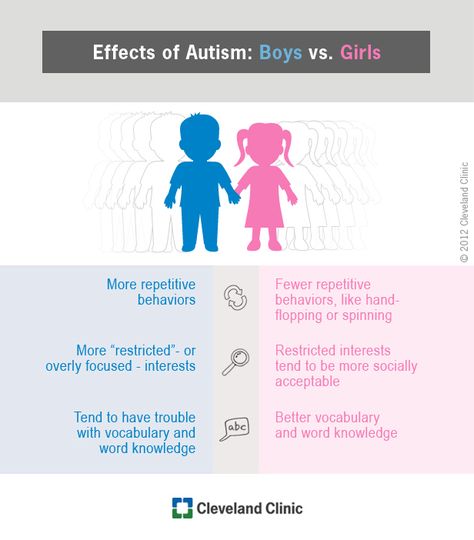
This ability will make the child humane, prudent. How can it be developed?
- Start by recognizing the child's feelings - it is useless to listen to people if the person does not feel personal feelings. Ask your baby: “How do you feel after a quarrel with friends?”, “Do you want to relax today?” nine0024
- After conflicts with classmates, ask your child how the children with whom the quarrel may feel now.
- While watching cartoons, reading books, pay your child's attention to the emotional state of the characters.
4. Ability to work in a team
Many children can easily cope with tasks alone, but this is not a reason to refuse to work in a team. It gives the opportunity to exchange ideas and experience, delegate tasks, achieve goals faster and more efficiently. nine0003
- If the child does not communicate with members of the team, try to introduce him to another social group: for example, the lack of communication with classmates can be compensated by a circle of interests, where the child will feel calmer.
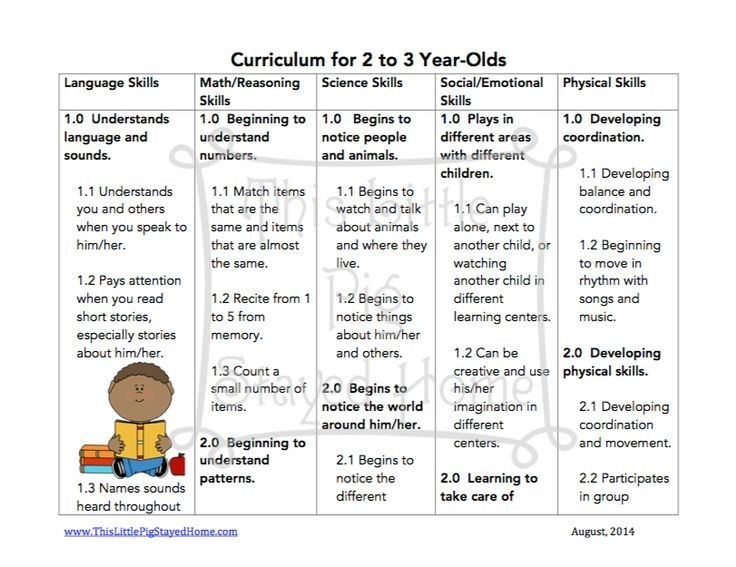
- Make the family a friendly team in which the child has his own "duties": for example, do housework, remind parents of upcoming events. Any activity related to the well-being of other family members will do. nine0097
- Respect the child's personal boundaries: do not enter the nursery unannounced, do not rummage through personal belongings and correspondence, if the matter does not concern the life and safety of the baby.
- If the child violates other people's boundaries (takes toys without permission, asks uncomfortable questions), talk about it in private.
- Discuss problems that arise calmly, without raising your voice. Do not put pressure on the child with parental authority unnecessarily: the child is a separate person who has the right to an opinion.
- Do not judge people for views that differ from those of your family but do not affect your well-being. Show your child that the world is very different. nine0024
- You can demonstrate to children the basics of a civilized dispute, explain what arguments are, etc. It is advisable to teach this child in kindergarten.
- Praise your child for personal progress: to receive a compliment from parents, it is not necessary to win prizes in school competitions. The zeal of the baby, the interest shown and the stamina also deserve praise.
- Explain, remind the children that initially they are worthy of respect and love, like all people around. nine0024
- call them by their first names to get their attention so they know they have something to hear;
- be at the same level with the child during the conversation: this way he will see you better and there will be no feeling that you are just shouting orders from above;
- make eye contact: this focuses the child's attention on you;
- be short and concise: too much information can overload and cause confusion;
- do not forget about praise.
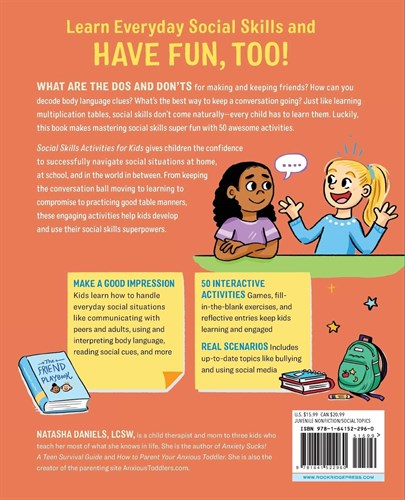 If your child did well, let him know! nine0024
If your child did well, let him know! nine0024 - make sure the baby understands everything. If he can retell what you just said to him, then he heard you.
5. Respect for personal boundaries
The absence of an obsessive desire to interfere in other people's lives is a valuable skill that helps to win people's sympathy.
6. Ability to overcome conflict situations
It is difficult to imagine our life without conflicts. The task of the child is to learn how to culturally enter into a discussion, defend his point of view, and not be led by the provocations of his interlocutors.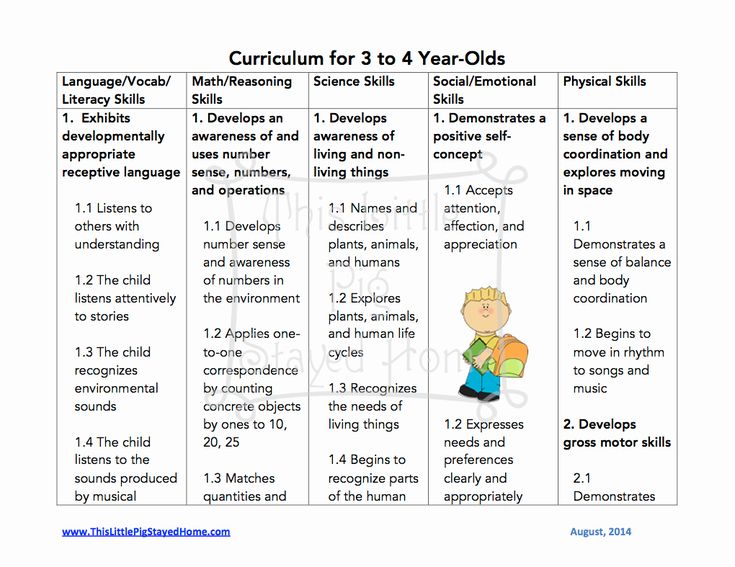
7. Self-confidence
Stable and adequate self-esteem is a quality that not all adults possess.
It is formed under the influence of many factors: relationships between parents, the role of the child in the family circle, the characteristics of the environment that surrounded the child in early childhood.
It is important that the child does not grow up to be either a narcissistic narcissist with fragile self-esteem, or an overly shy person.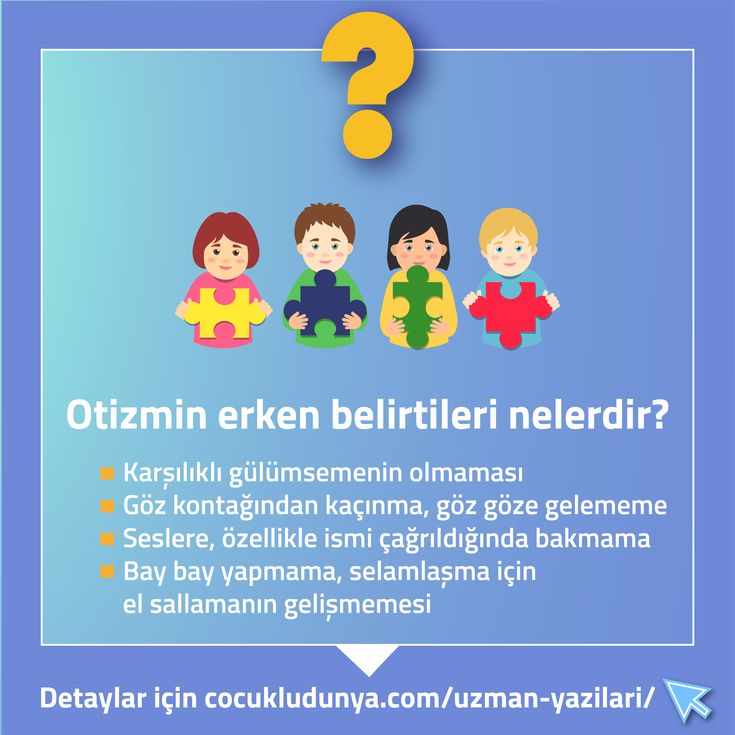 How can you help your child find balance?
How can you help your child find balance?
Social skills will help in many areas of life: in studies, hobbies, friendships, building a reputation in a team. The main thing is to encourage and support children at all stages.
Emotional Intelligence for Children
Introducing children to emotions, how to manage them and how to express themselves in teamwork, through situational games
learn more
Social skills in early childhood for building healthy relationships and the overall well-being of the child
Early childhood social skills for building healthy relationships and overall child well-being
Activities
Bini Bambini
Binibambini
Ukraine, Kharkiv
The development of children's social skills is an important part of education.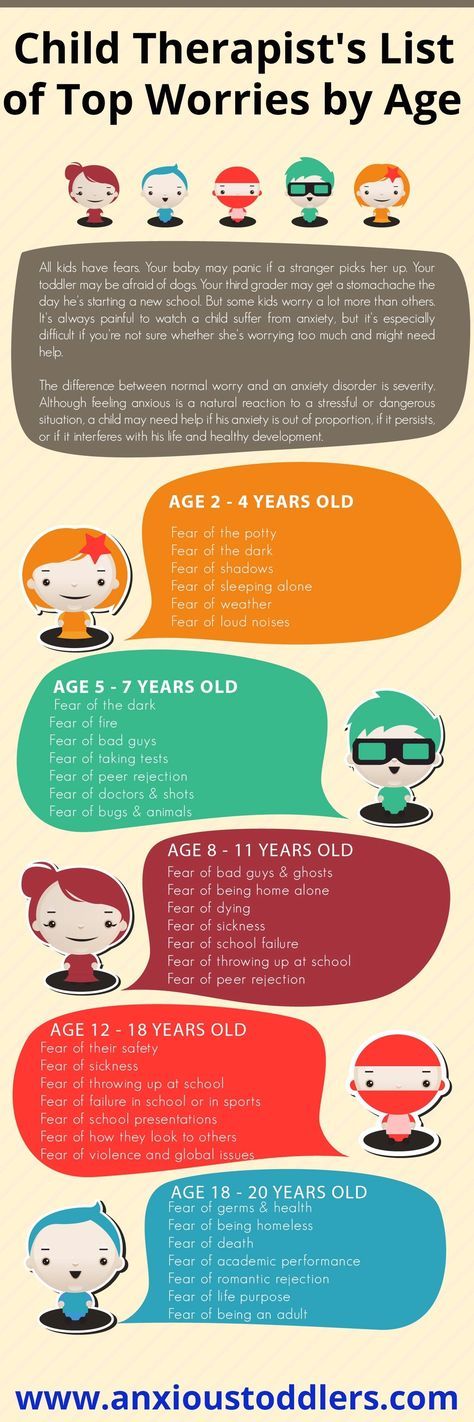 Strong social skills lead to a more comfortable quality of life and a less stressful response to various life situations. Through proper verbal and non-verbal communication, active listening and teamwork, children can build better relationships with others, perform better in school and have a better chance of success in their careers. As a rule, preparation for school partially involves teaching the basics of social interaction of children, but it is recommended to pay attention to them much earlier. nine0003
Strong social skills lead to a more comfortable quality of life and a less stressful response to various life situations. Through proper verbal and non-verbal communication, active listening and teamwork, children can build better relationships with others, perform better in school and have a better chance of success in their careers. As a rule, preparation for school partially involves teaching the basics of social interaction of children, but it is recommended to pay attention to them much earlier. nine0003
Social communication skills are not formed by themselves: they need to be taught and, more importantly, they need to be demonstrated. For this, there are tasks by age. The first social interaction in a child's life is with adults. Therefore, if you want your child to adopt adequate behavior patterns, it is important to be a good role model yourself, setting an example for him.
Social skills for preschool children: should they be given attention in early childhood? nine0198
In short, yes, it is necessary.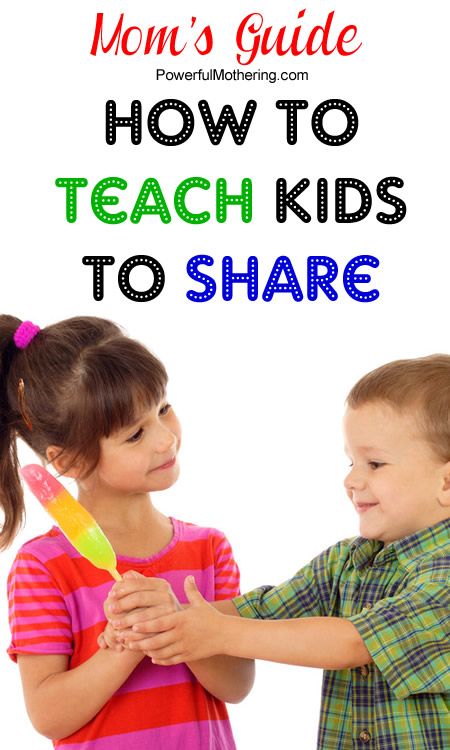 The formation of social skills in preschool or early childhood children plays an important role. Let's see why these humanitarian skills, or soft skills, as they are called today, are no less important than functional skills, hard skills, which involve, for example, knowledge of the alphabet.
The formation of social skills in preschool or early childhood children plays an important role. Let's see why these humanitarian skills, or soft skills, as they are called today, are no less important than functional skills, hard skills, which involve, for example, knowledge of the alphabet.
If a child has sufficiently developed social skills, then he will experience less stress in a new social environment, that is, he will feel more comfortable. In addition, children who feel anxious or stressed have a harder time concentrating at school or on the playground, making it difficult for them to be actively socially involved in any activity. nine0003
Children who have been taught to correctly express their emotions, communicate, show empathy (this includes all the skills associated with communication) confidently cope with new social situations. Other benefits of good social skills include better grades, better chances of going to college and finding a job, and generally stronger and healthier relationships.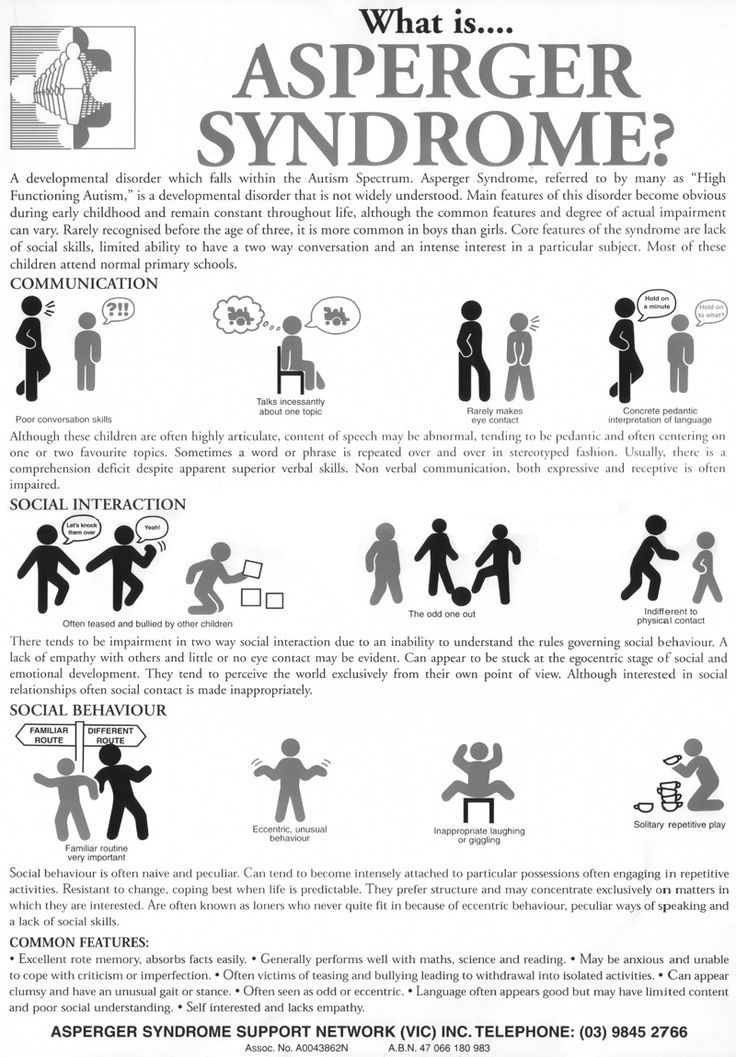 What are the most important social skills for preschool children?
What are the most important social skills for preschool children?
There are many communication skills that a child will need. Below are five key things that will prepare him for kindergarten. nine0003
Greeting
Entering a room with strangers and introducing yourself is difficult even for an adult, let alone a toddler who is still in the process of learning words. Practice saying hello to family or friends. And when a child encounters such a situation in a preschool group, he will no longer be so scared.
For example, you are waiting for your grandmother to visit. Prepare your baby: “Grandma is coming soon. When she comes in, let's say "Hi, grandma!". This will give the child an idea of what is said in such situations. It may take more than one time and more than one repetition to consolidate the result, but do not worry, over time everything will work out. A similar scheme can be applied when guests leave. Let your child know that, for example, the grandfather is leaving soon and you will need to say goodbye.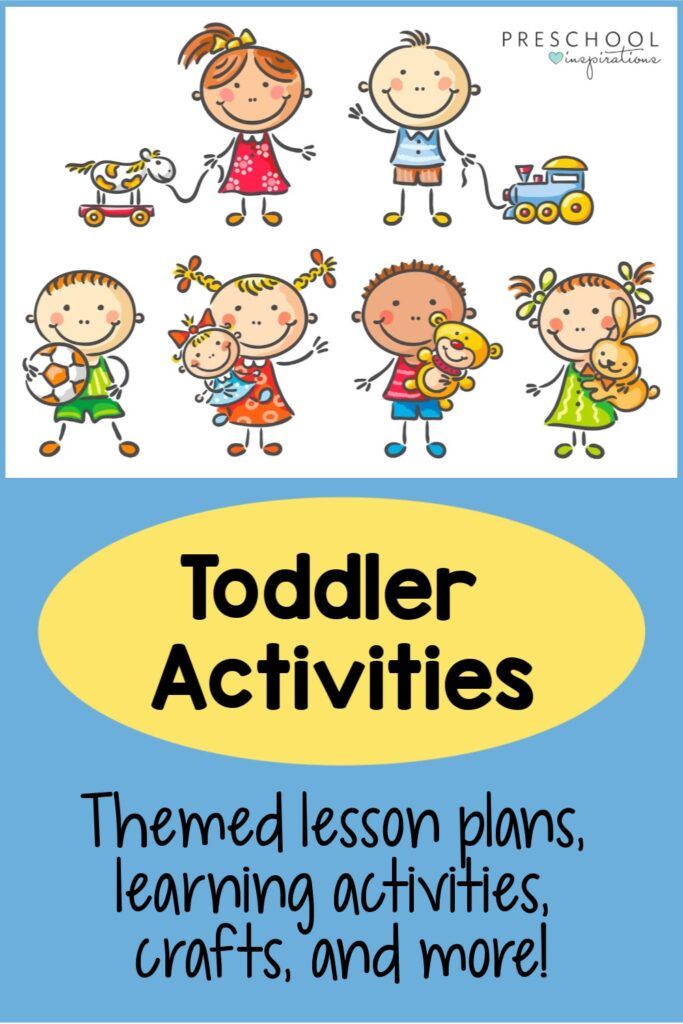 nine0003
nine0003
Over time, you can practice with questions like “How are you?”. By the way, this is a great way to help your child learn to talk about their feelings. You can also practice with cards that show pictures of basic emotions like “cheerful”, “sad”, “tired” or “happy”. Taking out a card, you can ask the child to depict this or that emotion and name it.
Polite words and etiquette
To hear the cherished “please” and “thank you” from a preschooler, looking at the interlocutor, or to make him sit at the table while eating, is not an easy mission. But quite real! The three main components of success here are: a good example, constancy and patience. nine0003
A good example: children are very observant. Demonstrate the behavior you expect from them. Take your eyes off your phone while talking to them or anyone, ask questions tactfully, and cover your mouth when you cough.
Constancy: one day not to react to a certain behavior, and the next - to scold, - you will agree, it is perplexing.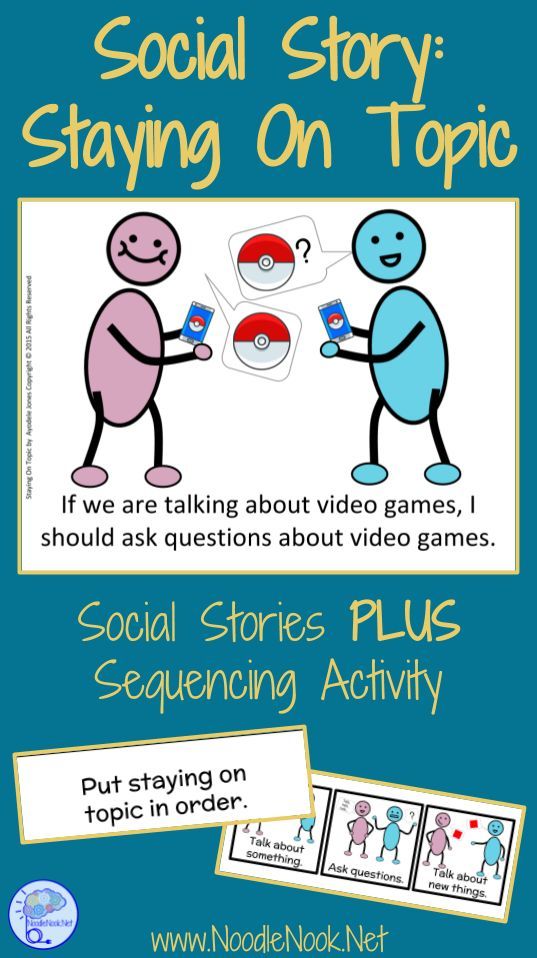 Being consistent in your reactions is important to avoid misunderstandings, as they cause stress and interfere with concentration. nine0003
Being consistent in your reactions is important to avoid misunderstandings, as they cause stress and interfere with concentration. nine0003
Patience: an absolute parental necessity, especially in this context. Give your child time to make good manners a habit. A positive attitude and support here will also not be superfluous.
Follow directions
This is important, not only because it will make your life much easier. Being able to follow the instructions is useful for the formation of the child's psyche. In school, this is a necessary skill for effective learning. Games are a great way to learn to grasp instructions and follow them. Alternatively, you can try these:
Simon speaks. Classic! One person gives the instruction “Touch the tip of the nose”, “jump on one foot” and the group follows it, but only on the condition that “Simon says” sounds first before the instruction. If someone completes the task without "Simon says", then he is out of the game.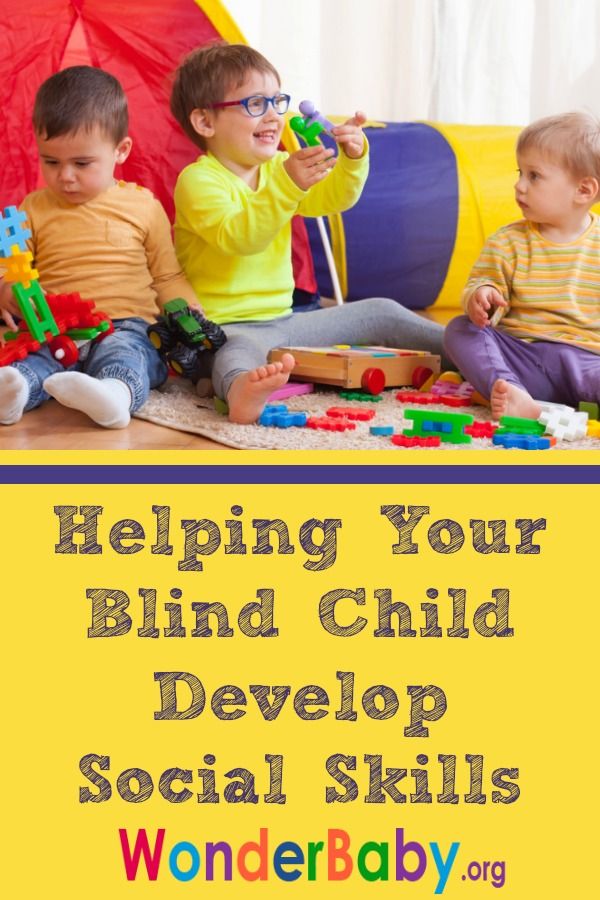
Red light, green light. First you need to line up. On the words "green light" - run to the finish line, "red light" - stop. If someone does not respond, then returns to the start. The first one to reach the finish line wins. You can complicate the game and add “blue light” by inventing another condition for it. For example, “blue light” means to jump. nine0003
Board game “Do it yourself!” Trains the skills to act according to the rules and gives space for creativity. You can take a board game template and come up with your own tasks for each move: “move two steps forward” or “count to ten”, etc. Then take the cube and go play!
Interaction with others
Being independent is important, but being able to work in a team is an equally necessary skill. Effective interaction with other people gives the ability to communicate constructively, resolve conflicts and a sense of belonging. Team sports will come in handy here, but there are other ways to teach teamwork at home.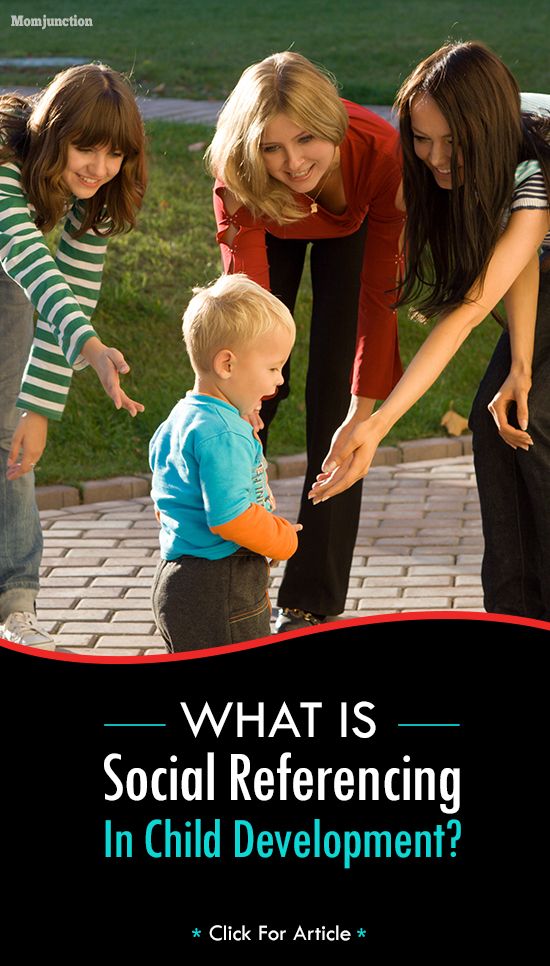 For example, you can take colored pompoms and ask the children to sort them by color. If you also include a timer, then the children can come up with a strategy and divide the work among themselves to speed up the process. nine0003
For example, you can take colored pompoms and ask the children to sort them by color. If you also include a timer, then the children can come up with a strategy and divide the work among themselves to speed up the process. nine0003
Another option is to have the task of building the tallest tower out of different materials to create a work of art together.
This also includes role-playing games like a seller and a buyer in a supermarket. Such games encourage children to discuss, adopt a strategy and share roles. You can keep an eye on the game so that in case of conflicts, gently guide them towards a peaceful resolution.
Listening skills
To teach children to listen is to teach them to be attentive. This is a necessary skill to build relationships with others. If you think your kids can't hear you, try this:
If the child did well, let him know! make sure the kid understands everything. If he can retell what you just said to him, then he heard you.
You will see that all the skills mentioned above overlap to some extent. All games teach how to interact with other people, follow the rules, make eye contact with the interlocutor, letting him know that he is being listened to and shown respect. nine0003
Developed social skills make it easier to make friends and adapt in a team. In the beginning, children interact only with relatives and close friends, but as they grow up, their social circle expands. They have to have to get along with people without parental involvement. Developed communication skills make it easier to make new acquaintances and maintain friendships, which in turn makes the child a more self-confident and happier person.